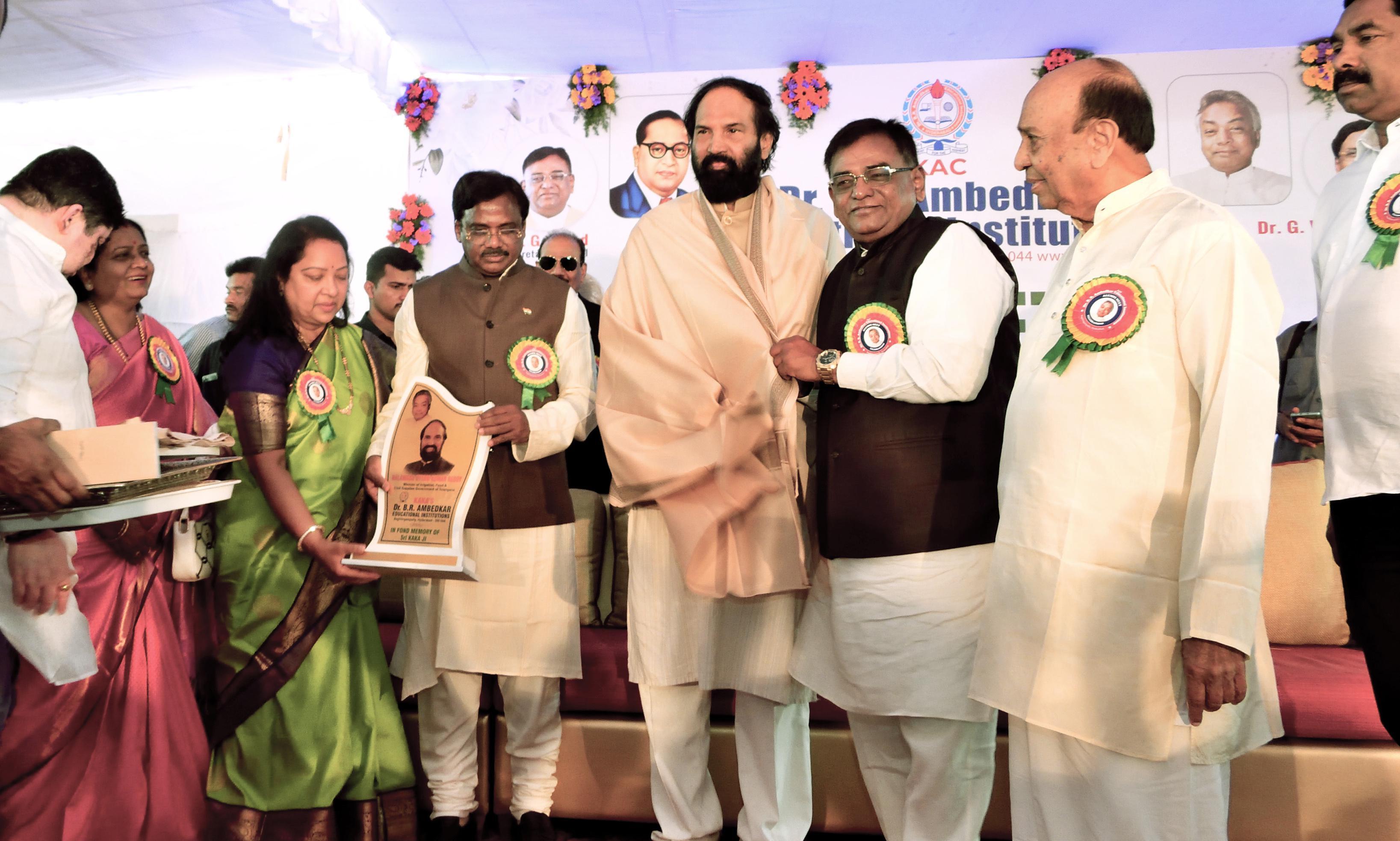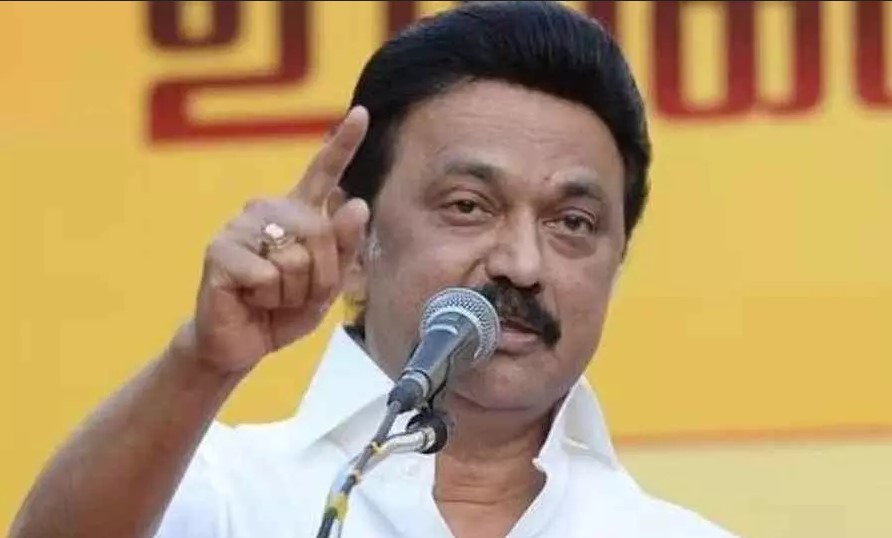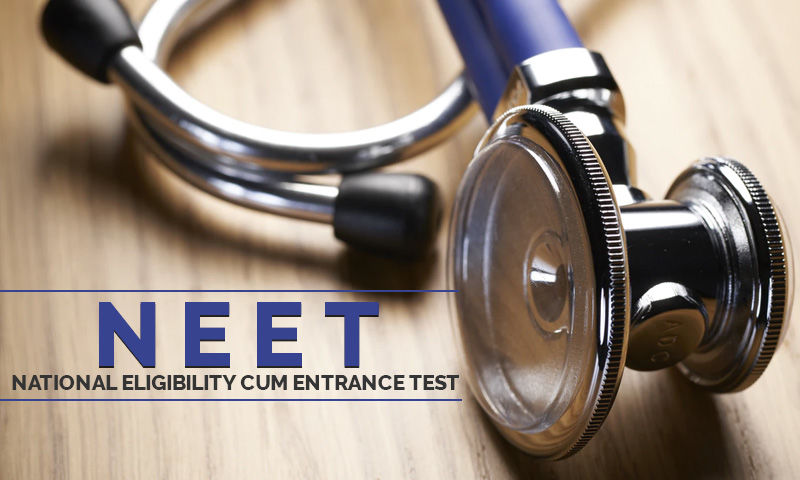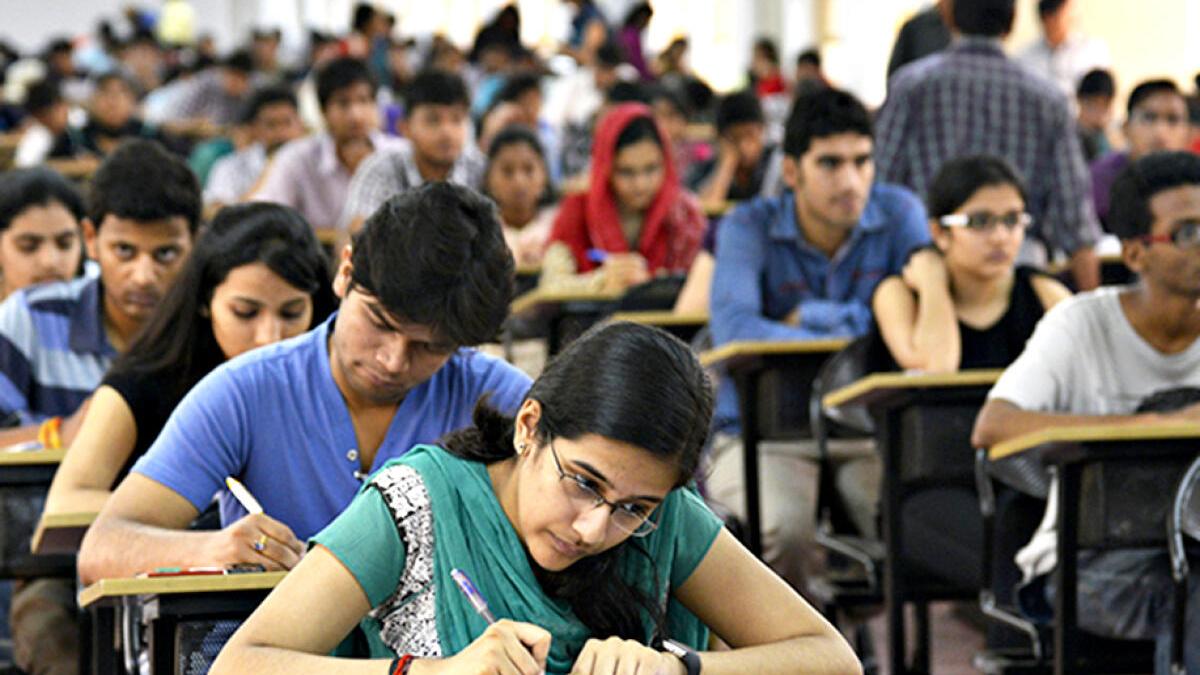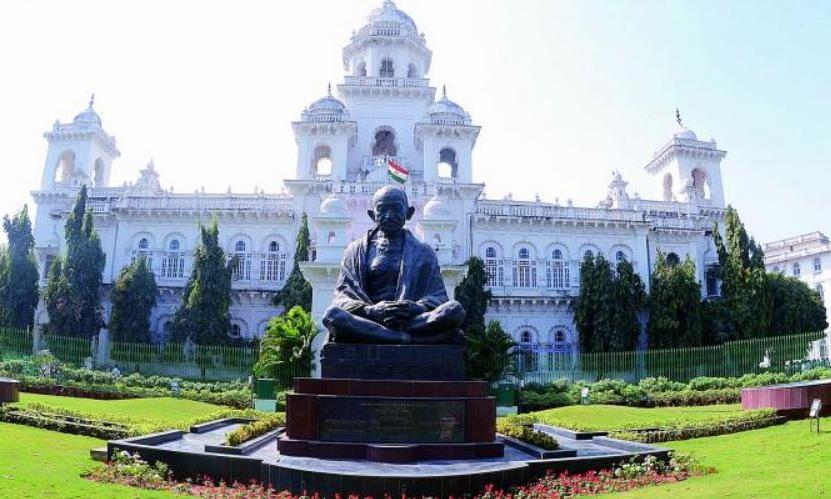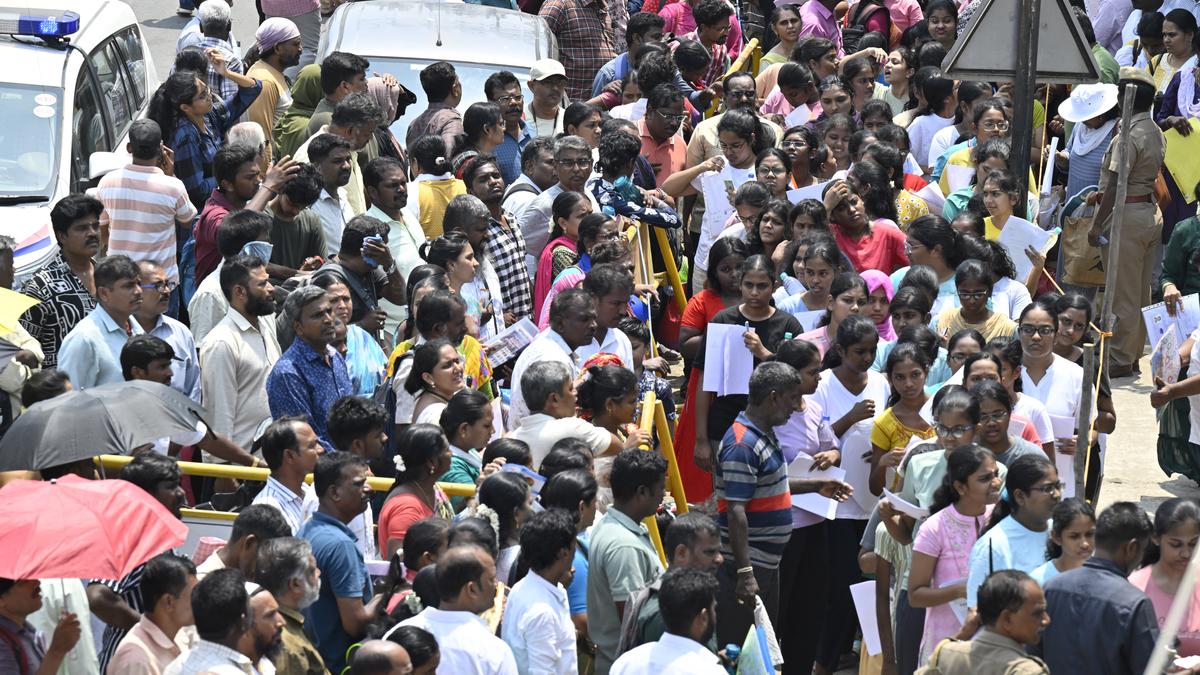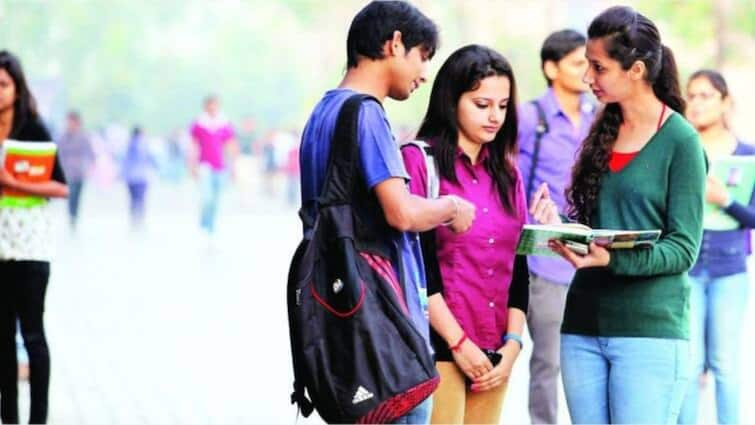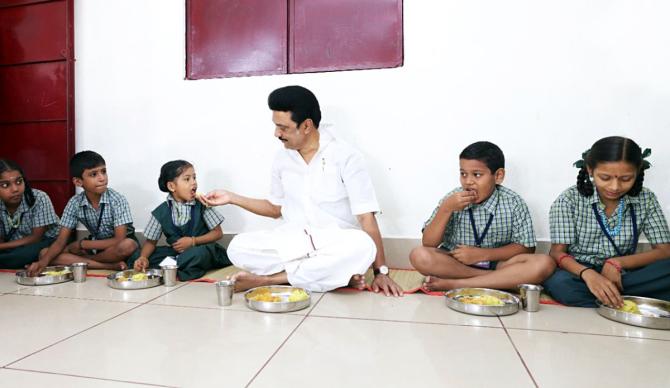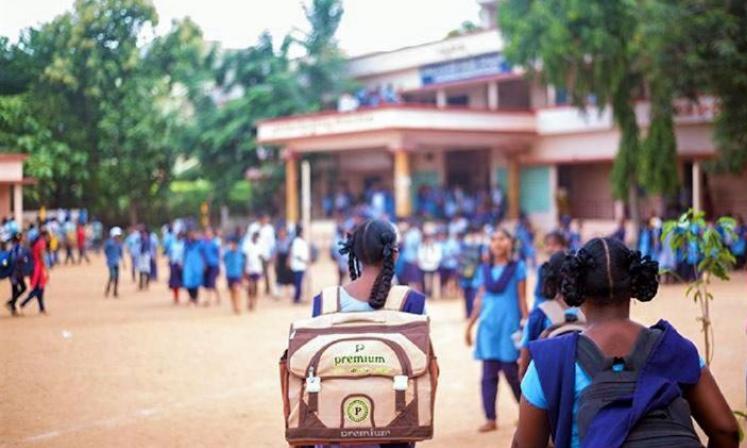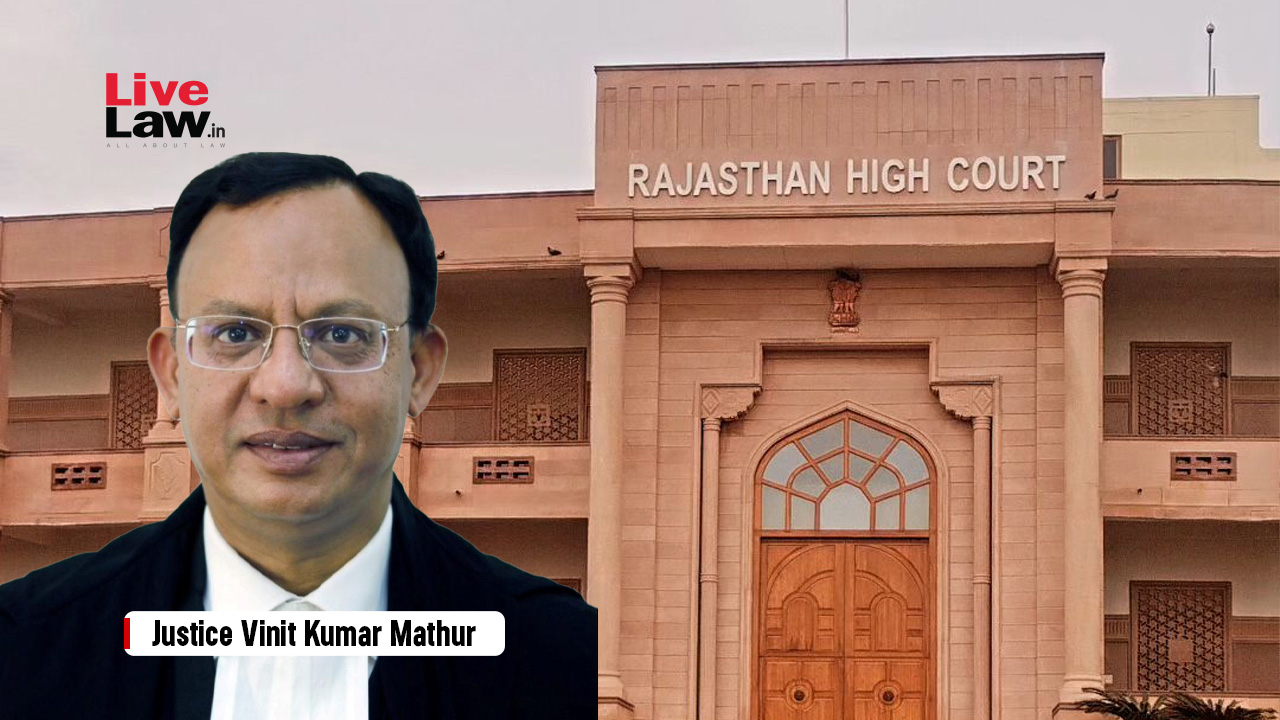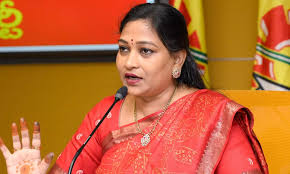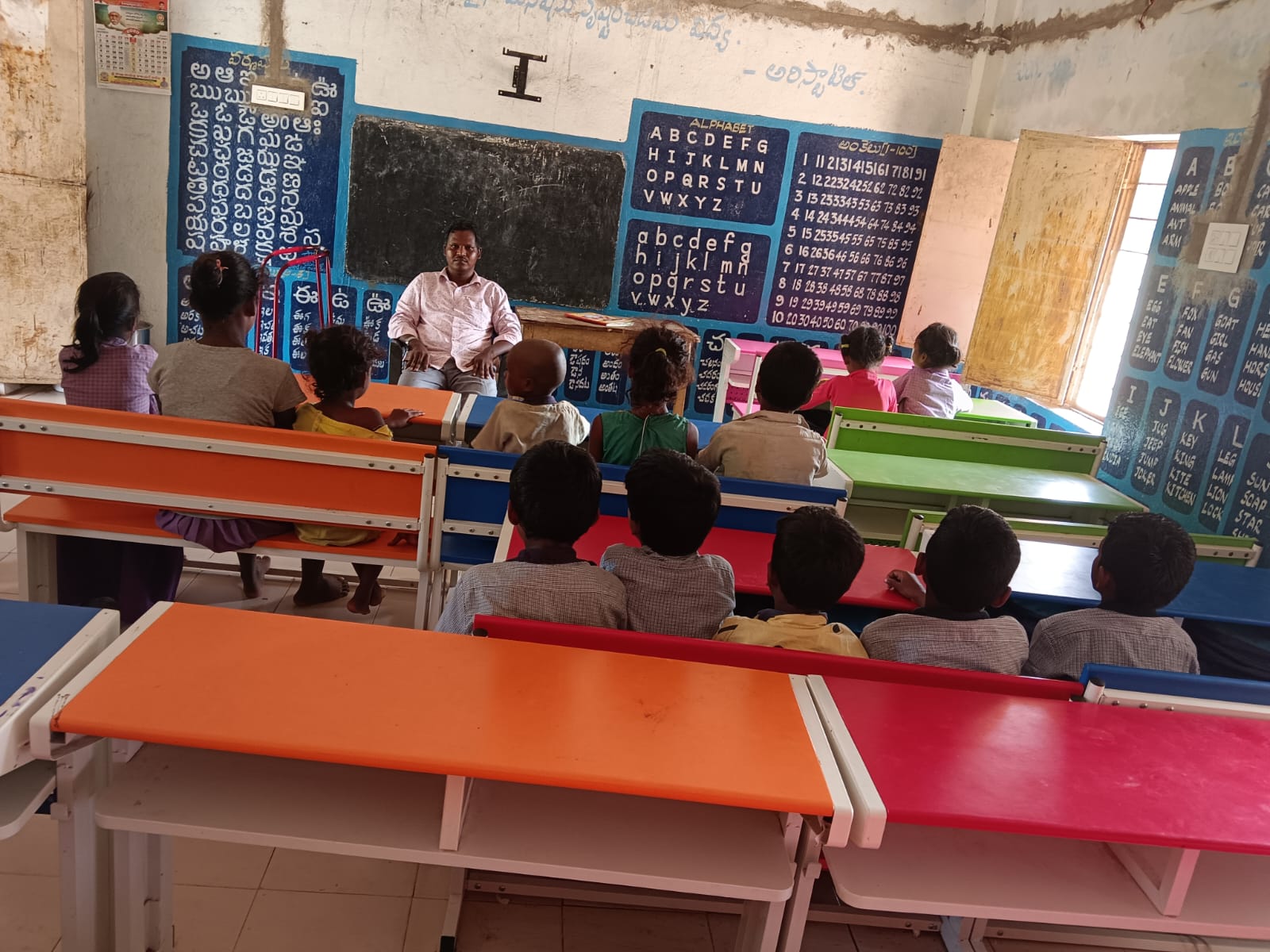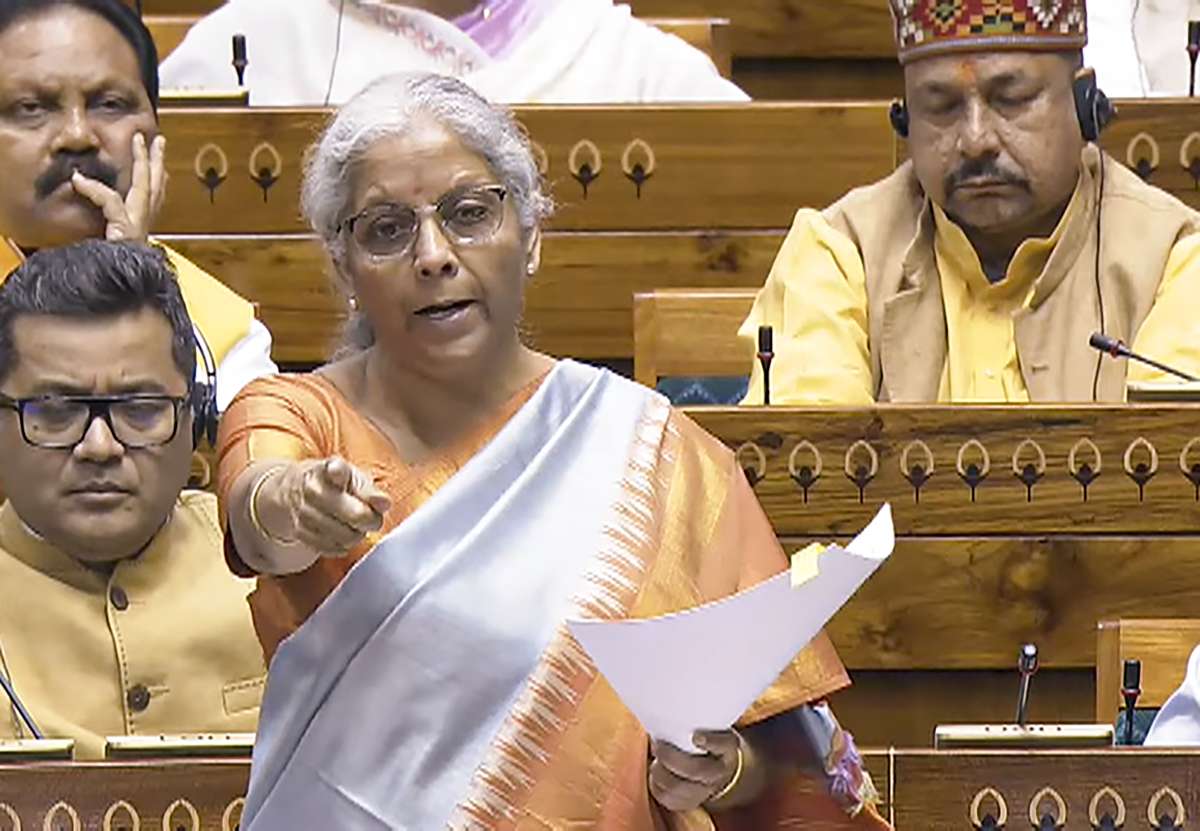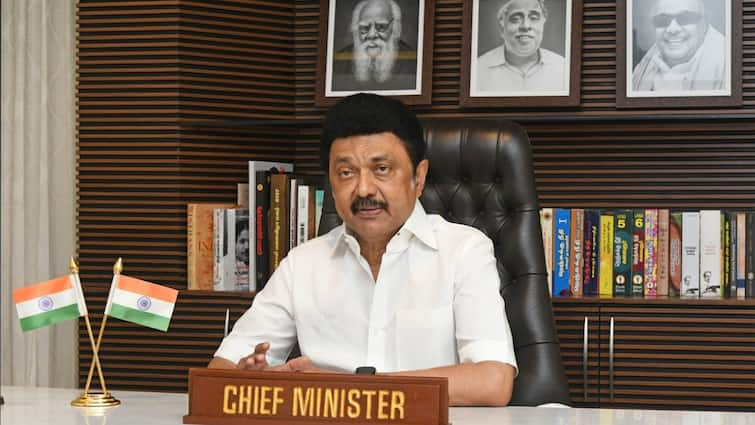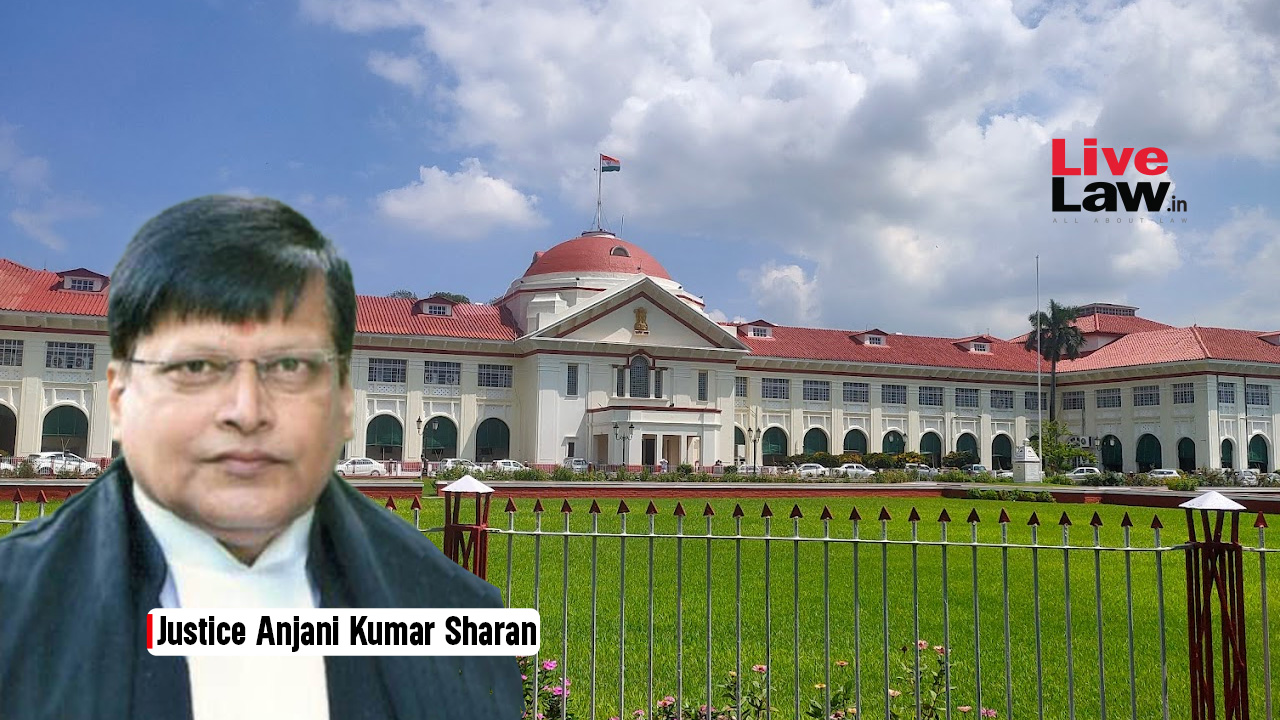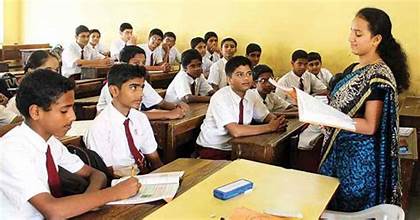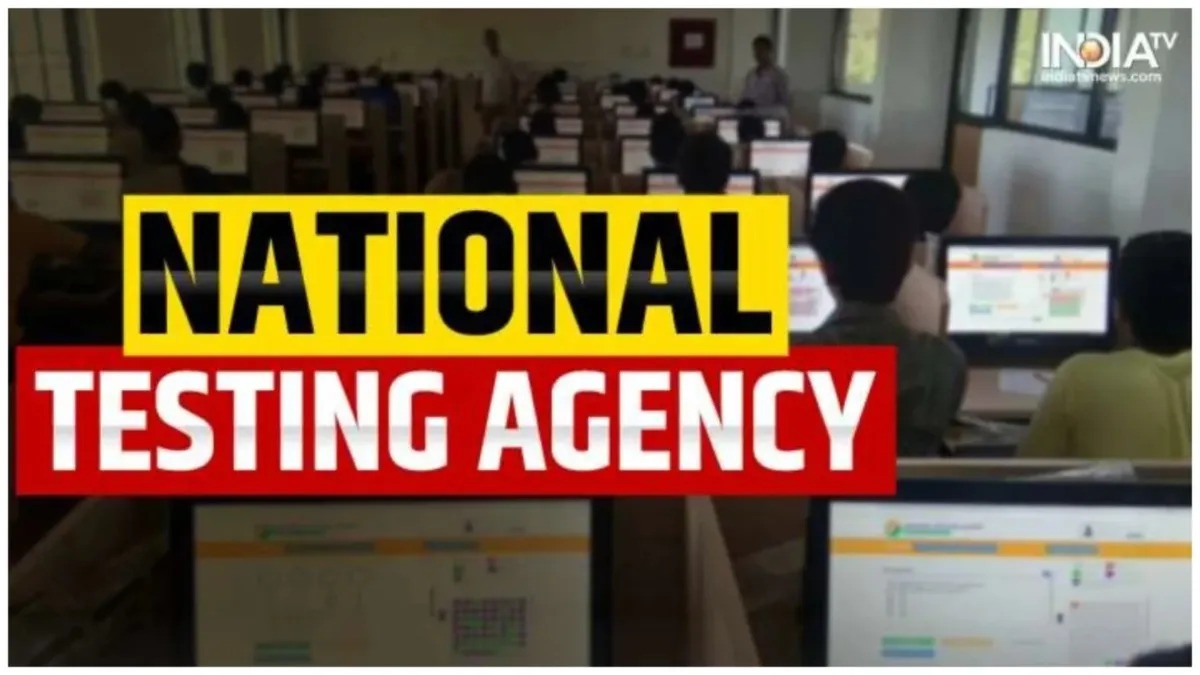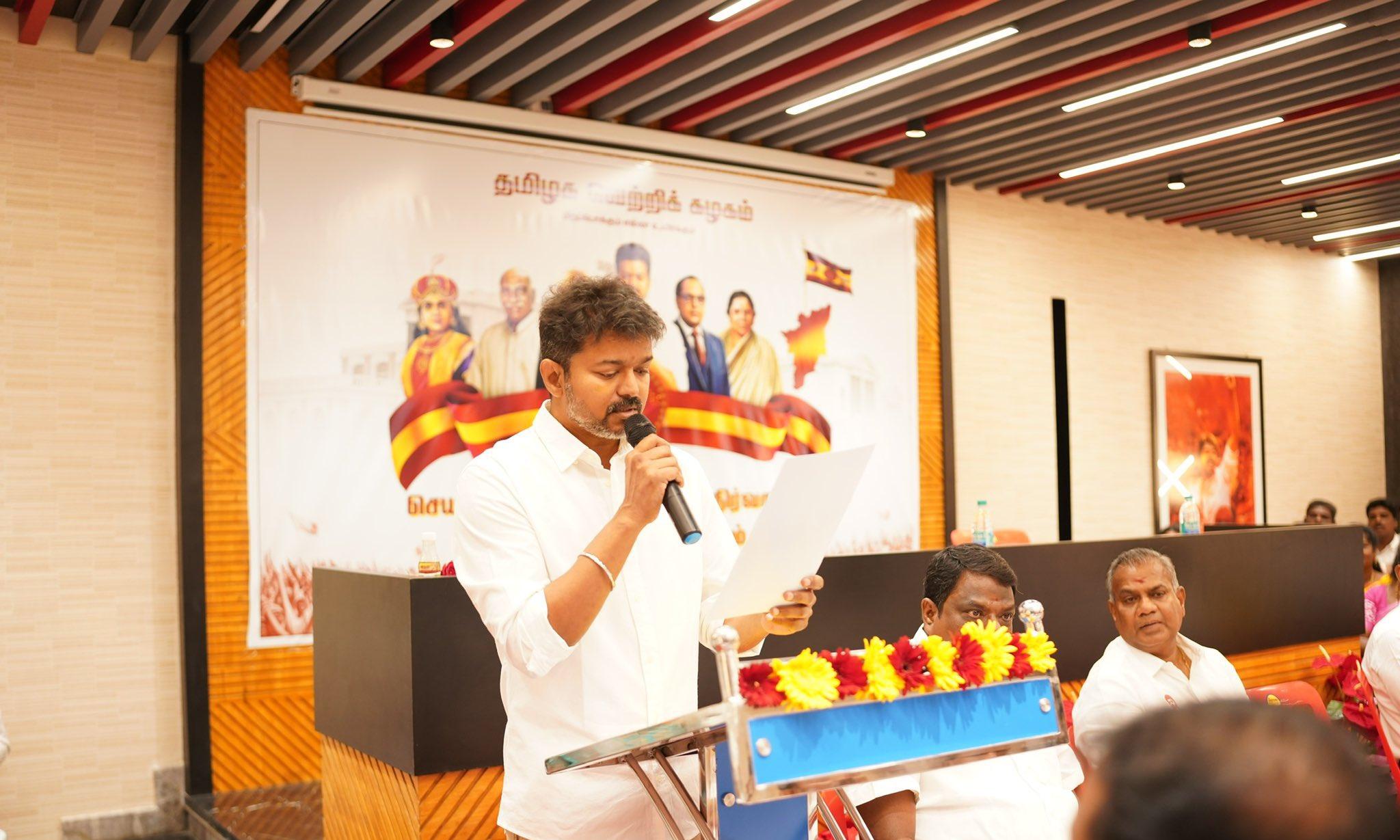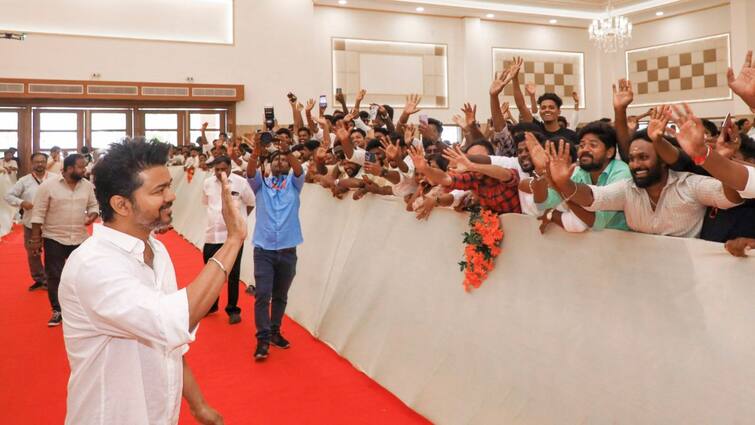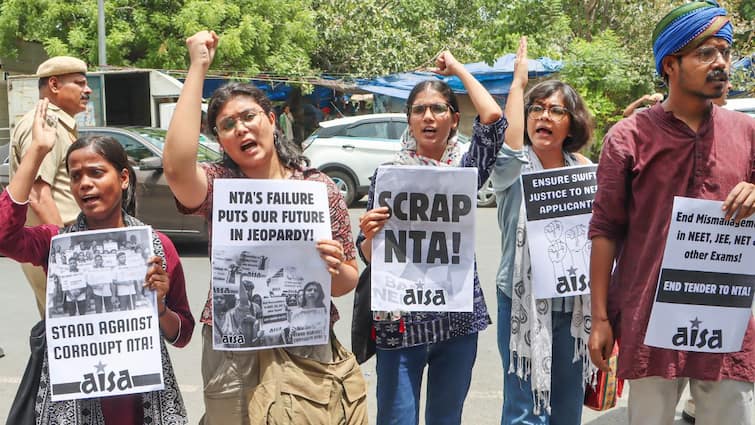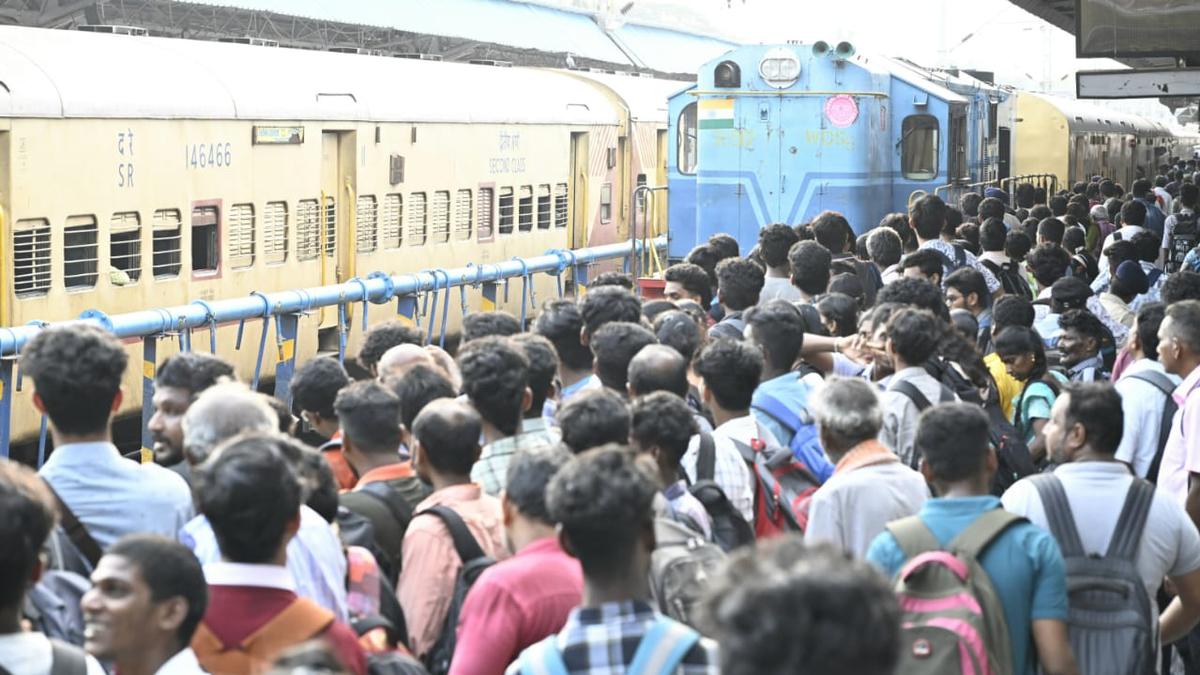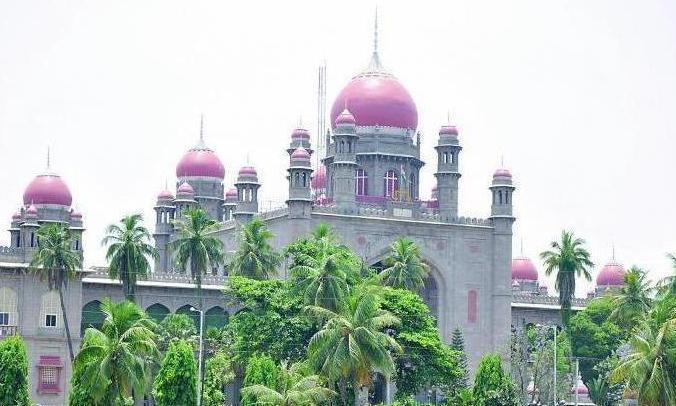
Tamil Nadu's NEET Solution
India TodayKicking up a storm, Tamil Nadu governor Banwarilal Purohit has put on hold giving his assent to a bill passed by the state legislature on September 15. The delay has fuelled speculation that governor Purohit wanted the state government to implement the Union government’s 10 per cent reservation for economically weaker sections among upper castes if they wanted him to approve the 7.5 per cent reservation for government school students. He explained that the 7.5 per cent reservation for government school students was brought about because the socio-economic background of students in government and private schools were vastly different. These included ‘socio-economic factors such as caste, wealth, parental occupation, parental education and gender’, and that ‘these socio-economic barriers cannot be bridged by a few months of intensive coaching for the NEET.’ The committee decided that priority must be given to government school students as it ‘would be a righteous act to bring equality between government and private school students.’ Further, it was the initiative of the AIADMK government that increased the total number of medical seats in the state to 1,400 and made efforts to set up new medical colleges and raised the number to 1,650. So, if the 7.5 per cent reservation comes into force over 300 government school students would join medical courses while only eight from these schools will get admission if it was based only on the NEET scores.
History of this topic
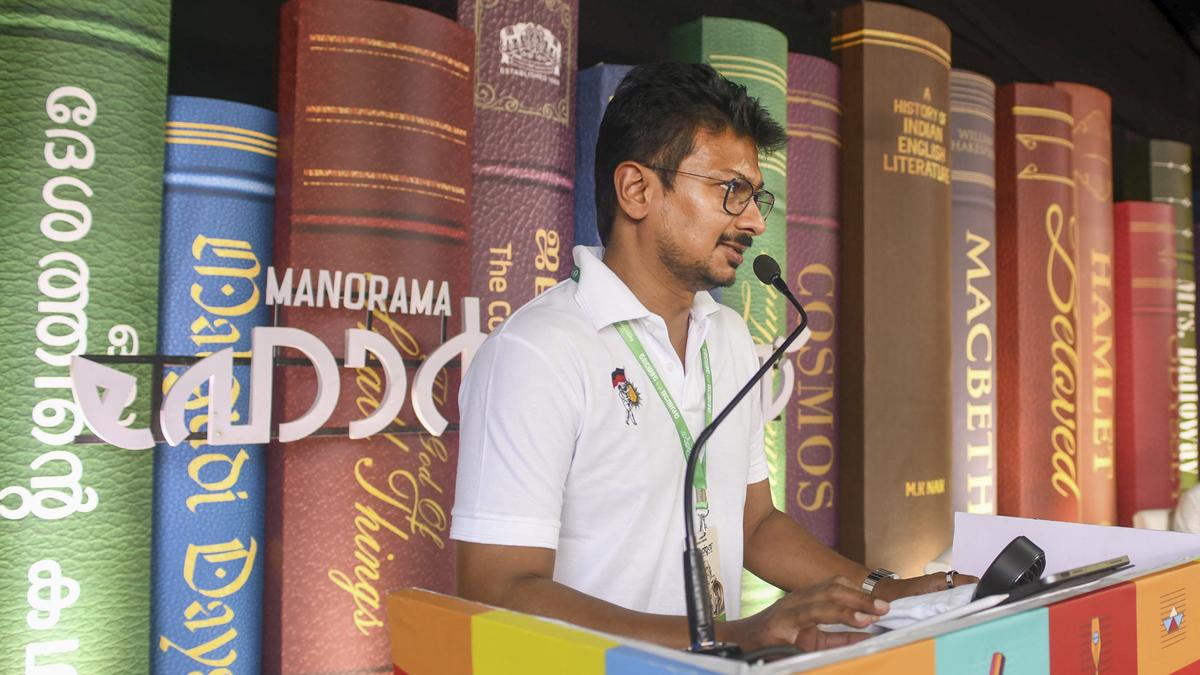
Dravidian Pride vs Hindi Imposition: Tamil Nadu's Udhayanidhi Warns Against Hindi Domination
The Hindu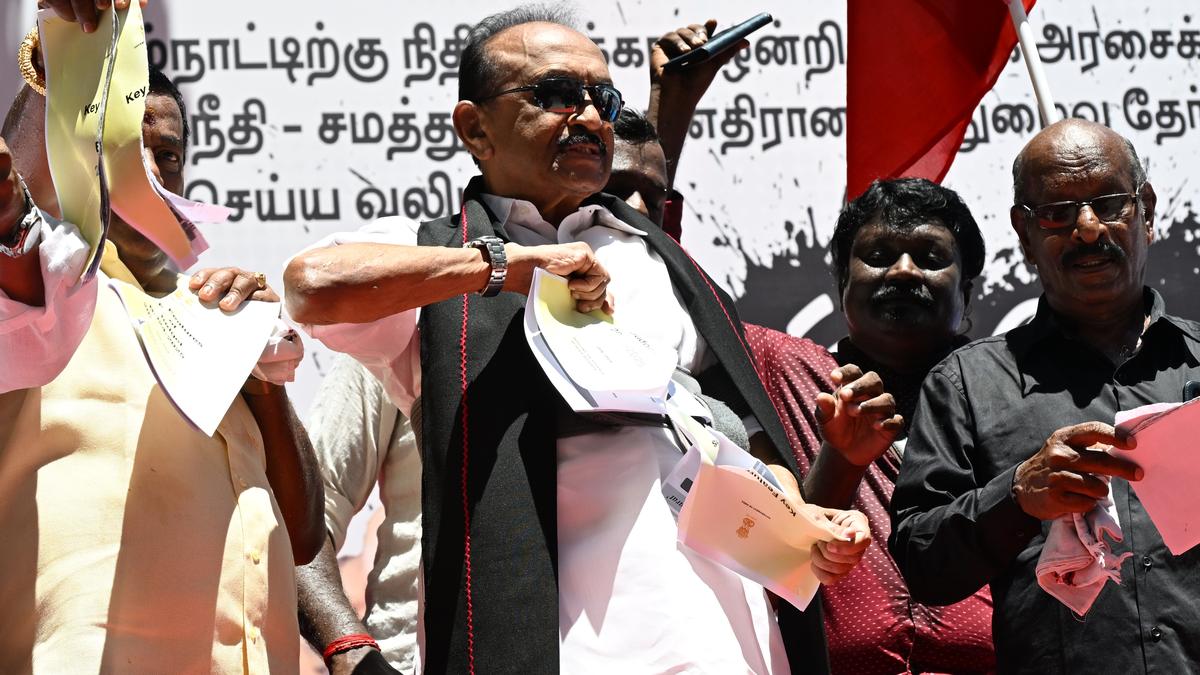
Union government deceived Tamil Nadu by not allocating funds, says Vaiko
The Hindu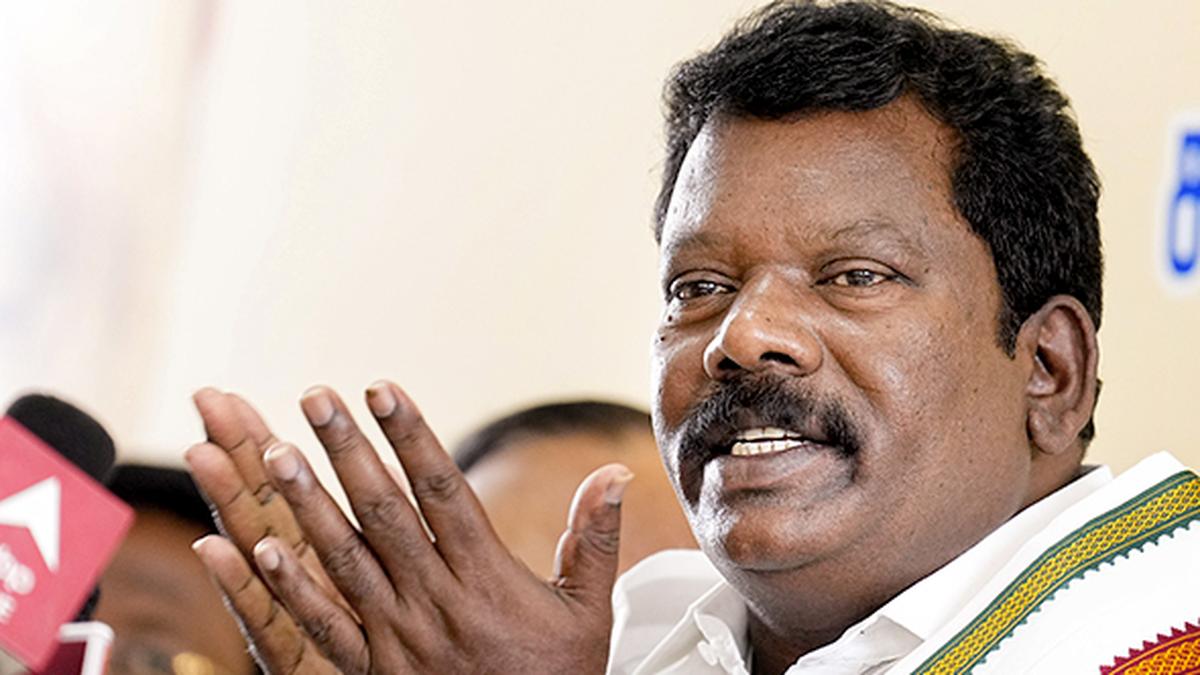
Tamil Nadu Congress to boycott Governor R.N. Ravi’s Independence Day tea party on August 15
The HinduKarnataka government’s decision to oppose NEET is impractical, say academicians
The Hindu
Actor Vijay calls for NEET ban, flags bias
Hindustan Times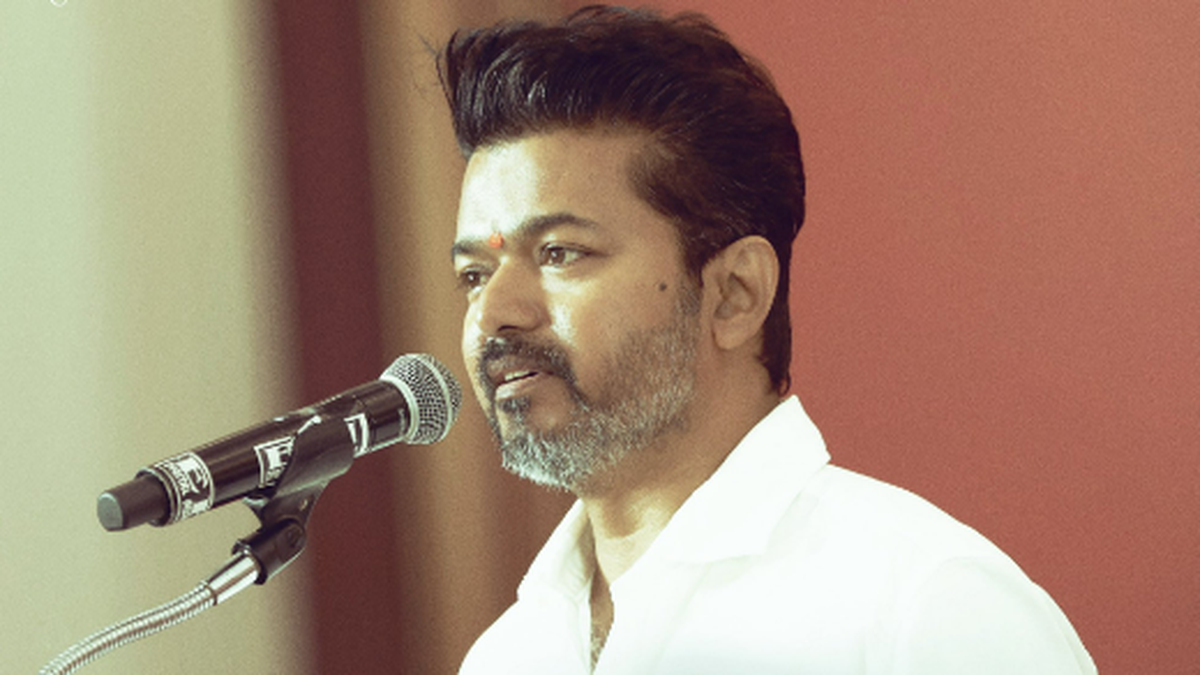
Actor-politician Vijay demands abolishment of NEET and for education to be under State list
The Hindu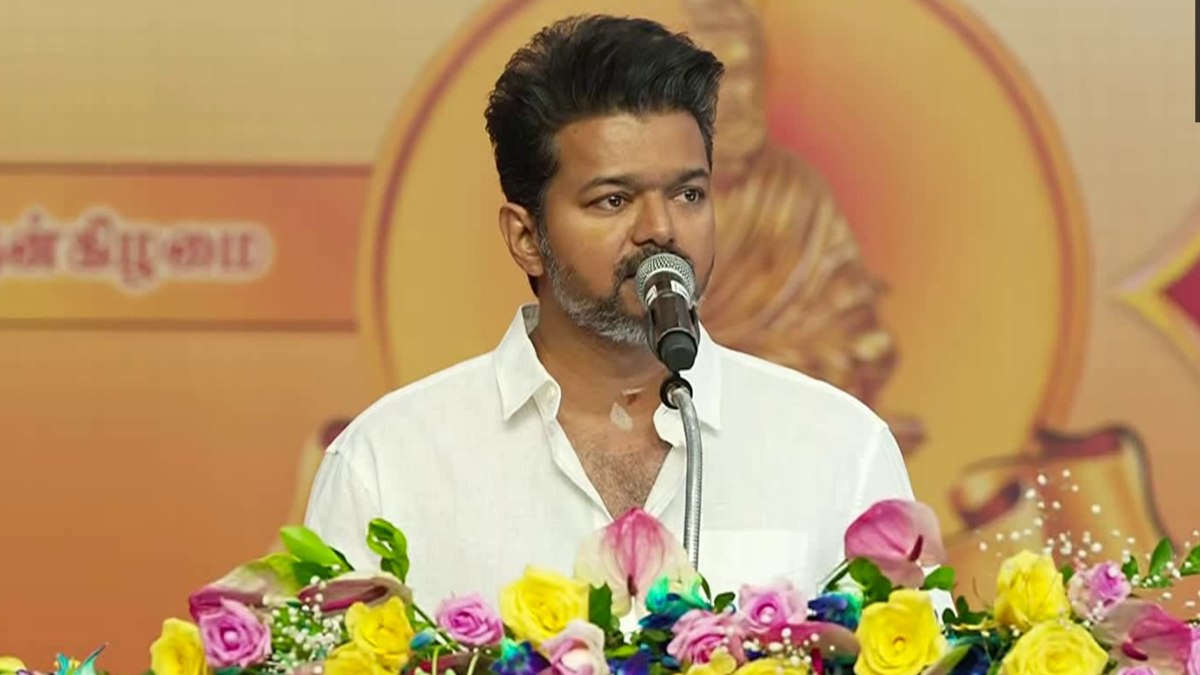
NEET paper leak: Thalapathy Vijay opens up on ongoing debate, says 'exemption from exam is only solution'
India TV News
Abolish NEET exam or grant exemption to Tamil Nadu: DMK demands in Rajya Sabha
Hindustan Times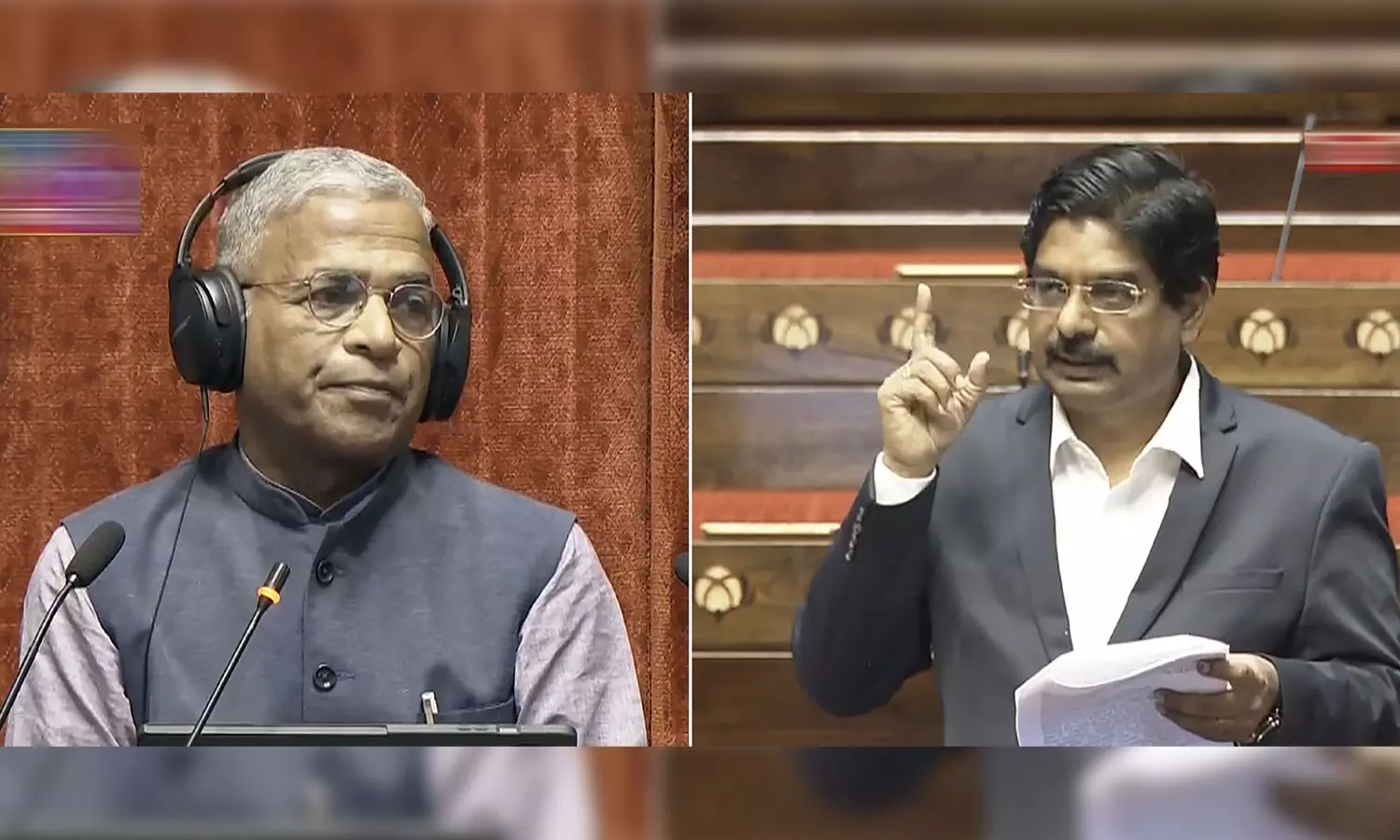
Abolish NEET or clear Tamil Nadu Bill to exempt state from exam: DMK's demand in Rajya Sabha
Deccan Chronicle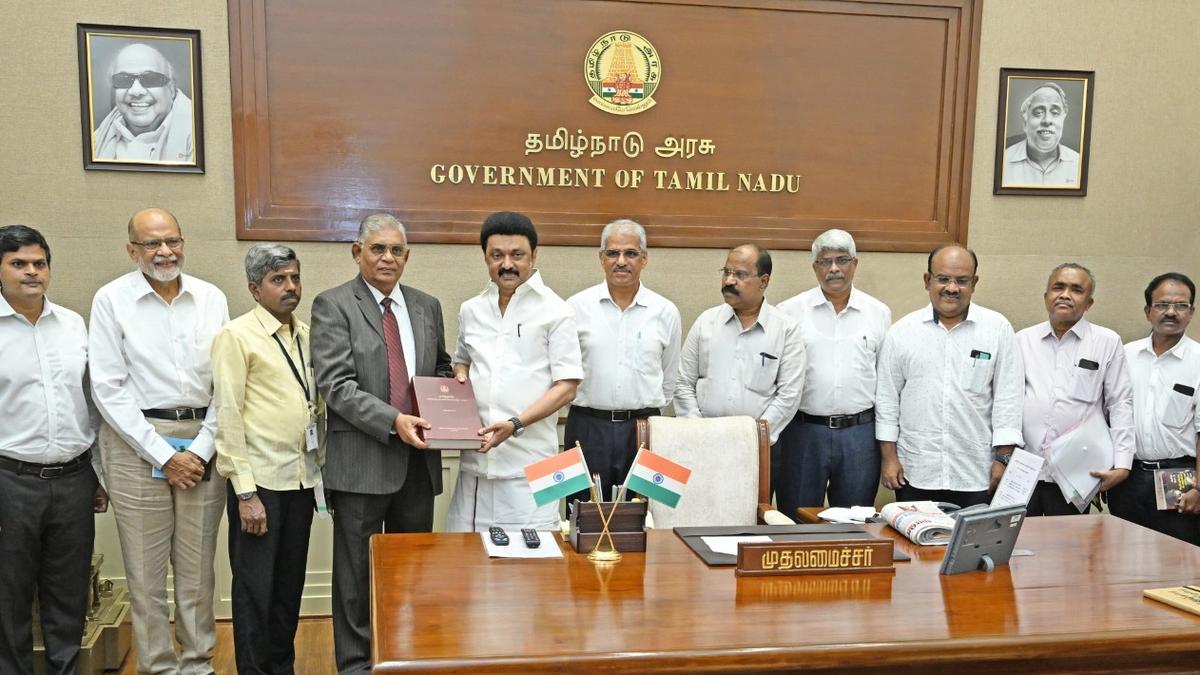
State-aided schools in Tamil Nadu should be treated on a par with government schools, says Justice Murugesan panel
The Hindu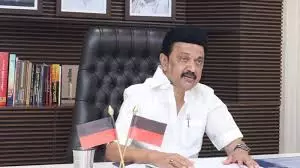
Tamil Nadu CM writes to PM on NEET
Deccan Chronicle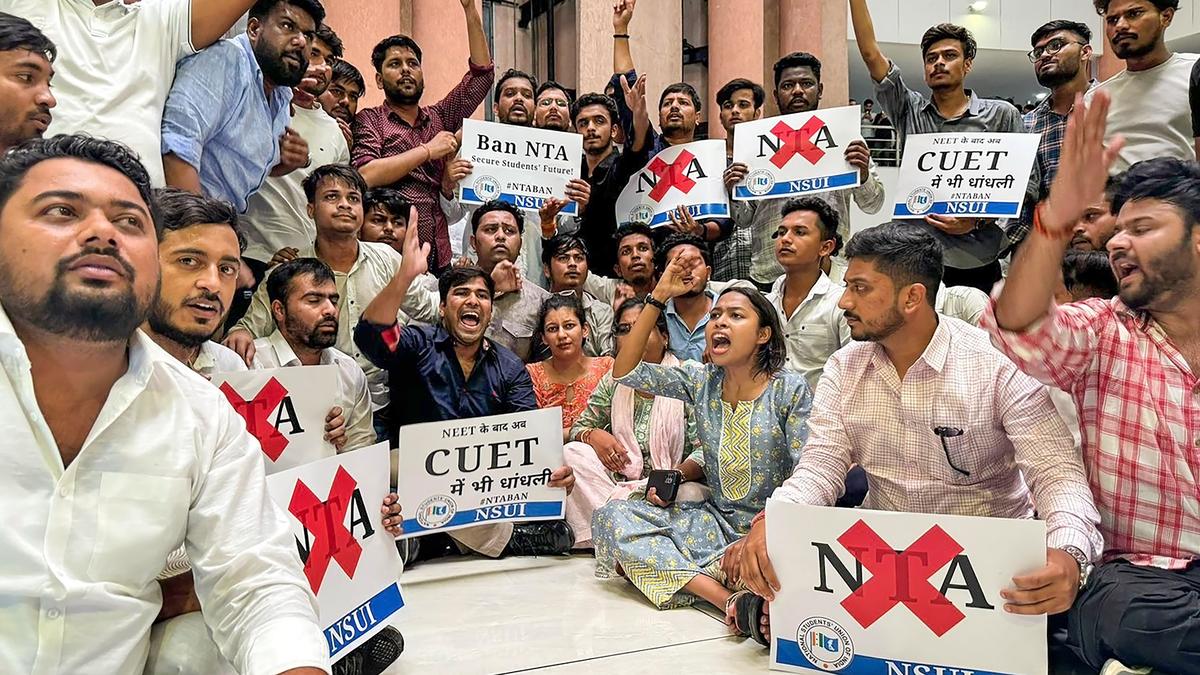
DMK’s student wing to protest against NEET in Chennai on July 3
The Hindu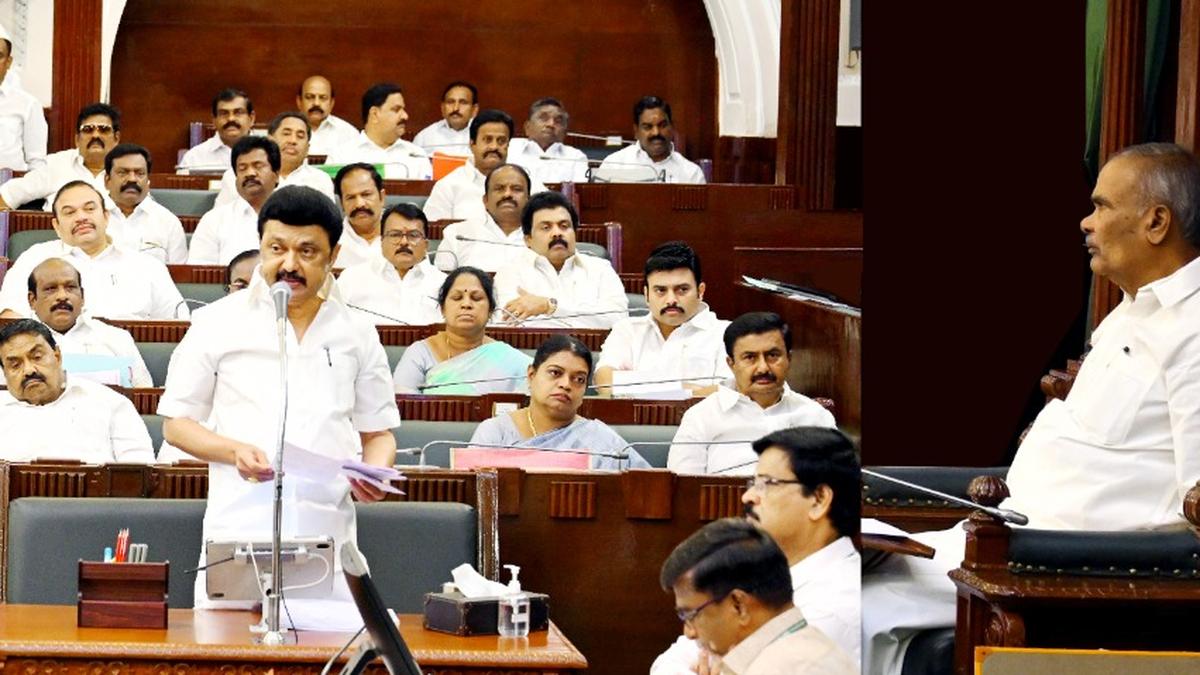
Give assent to NEET exemption Bill, Tamil Nadu Assembly urges Centre
The Hindu
NEET in crisis, NET junked, now CSIR-NET pushed back
Hindustan Times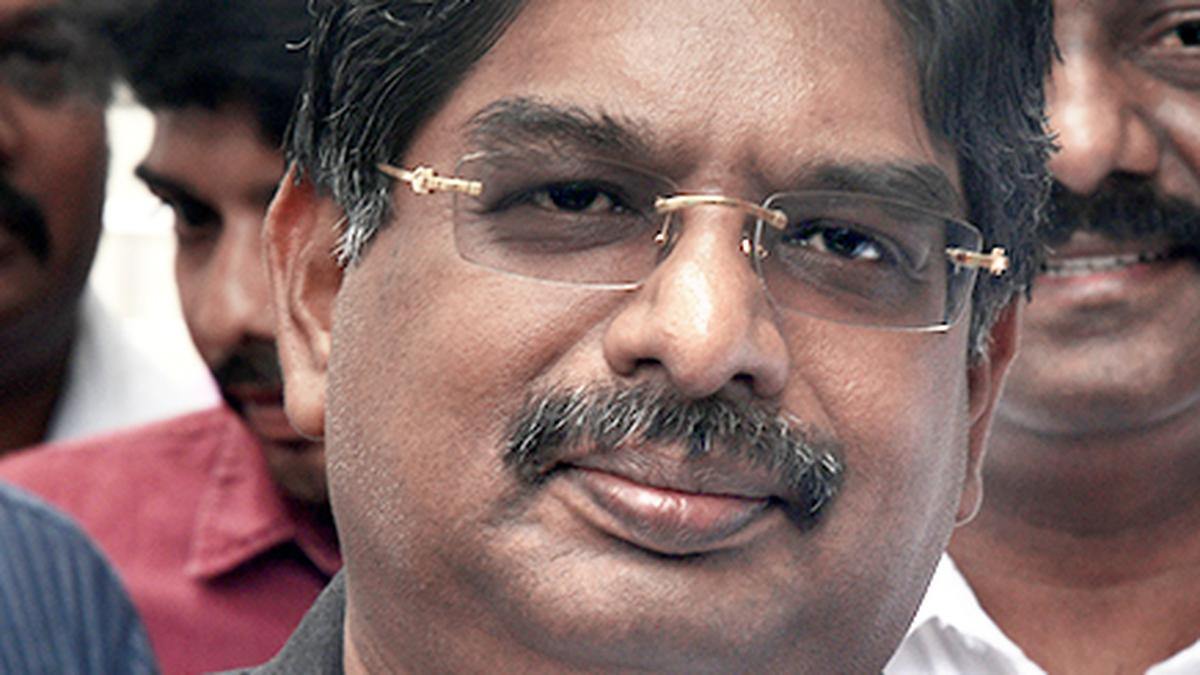
NEET irregularities | DMK Rajya Sabha MP urges Centre to order CBI probe, take action against concerned officials
The Hindu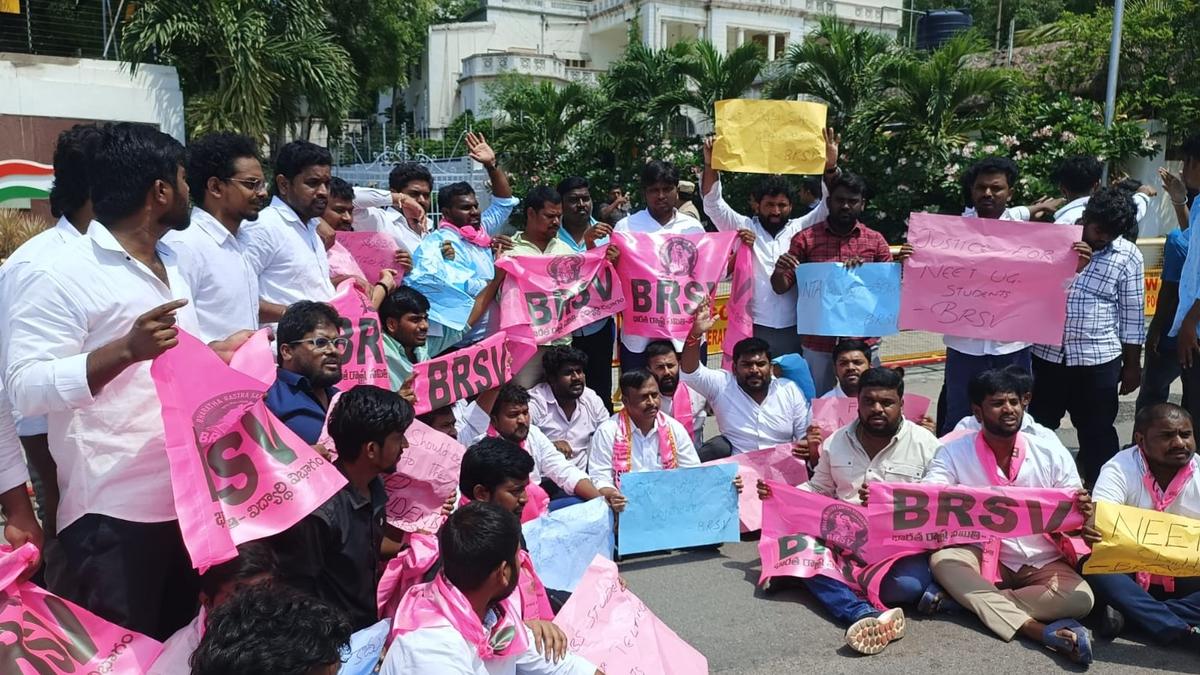
NEET UG 2024 row: BRS faults Centre’s approach on NEET fiasco, asks why ED not taking up probe
The Hindu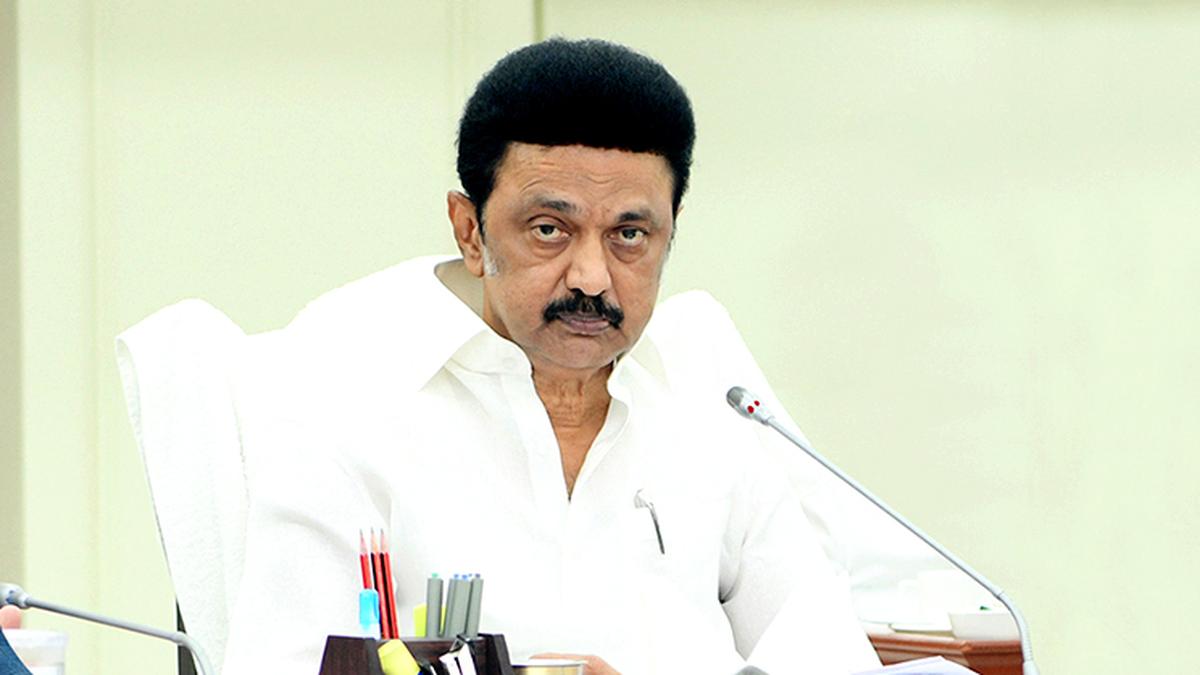
NEET 2024 row: Gujarat FIR underscores urgent need for systemic change in NEET, contends Tamil Nadu CM Stalin
The Hindu
MK Stalin vows to end NEET 'scam', says education should be accessible to all
India Today
Centre’s submission in SC on NEET is another admission of its ineptitude: Stalin
The Hindu
CM MK Stalin seeks support to end NEET, shares report in nine languages
New Indian Express
NEET results: Doctors’ association demands inquiry into ‘irregularities’
The HinduLok Sabha polls | T.N. is medical hub of India, with some of world’s best doctors who have not cleared NEET: Udhayanidhi
The Hindu
On expected lines, DMK vows to act against NEET, CAA, UCC in its manifesto
New Indian Express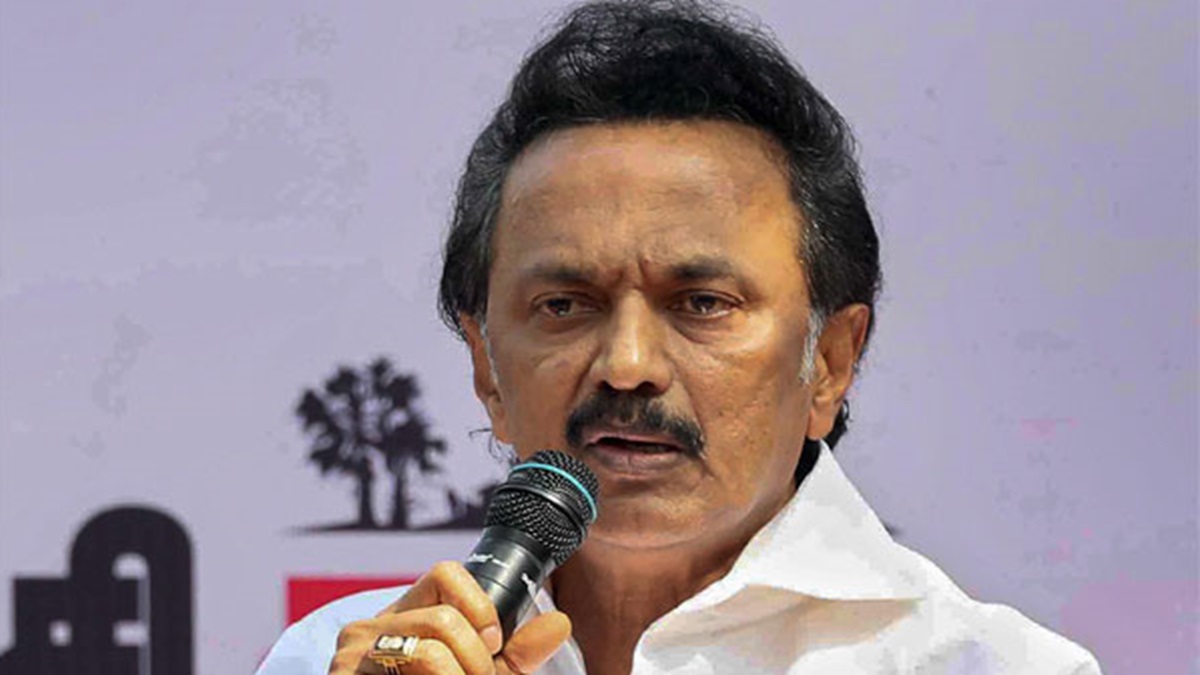
'NEET was imposed on Tamil Nadu, state will be exempted,' says MK Stalin
India TV News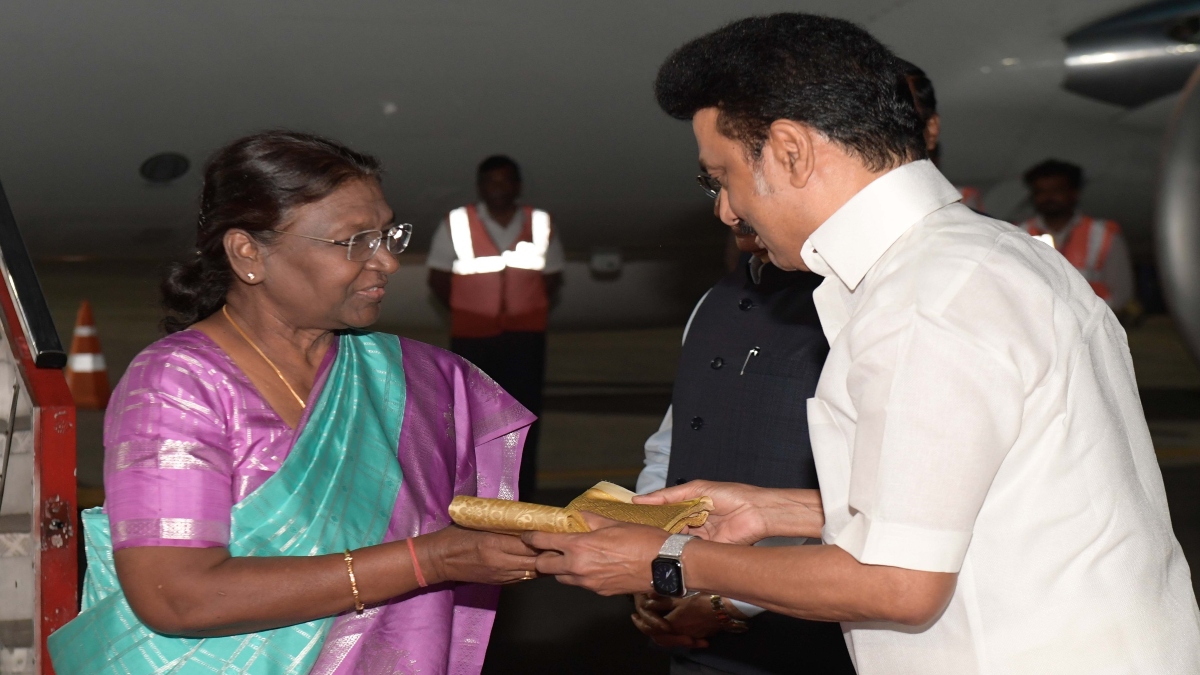
CM MK Stalin urges President Murmu to give assent to Tamil Nadu's anti-NEET bill
India TV News
Telangana Governor slams Udhayanidhi Stalin's 'egg campaign' against NEET
India Today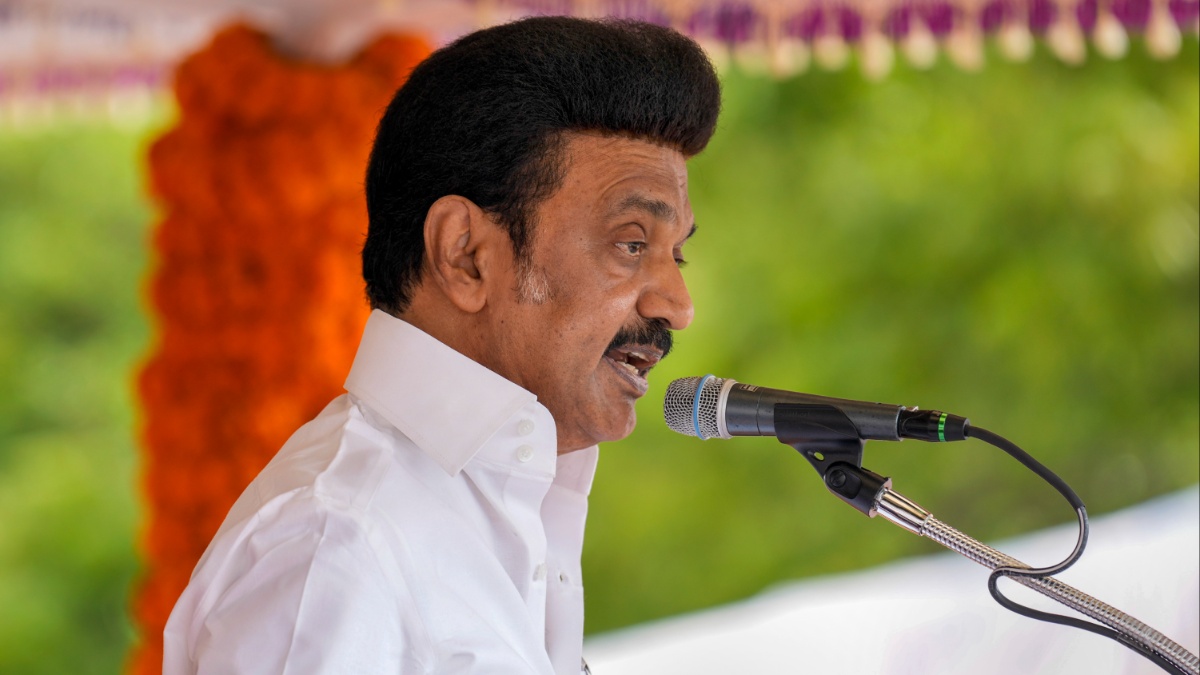
'NEET 0': Tamil Nadu CM MK Stalin slams Centre's PG cut-off decision
India TV News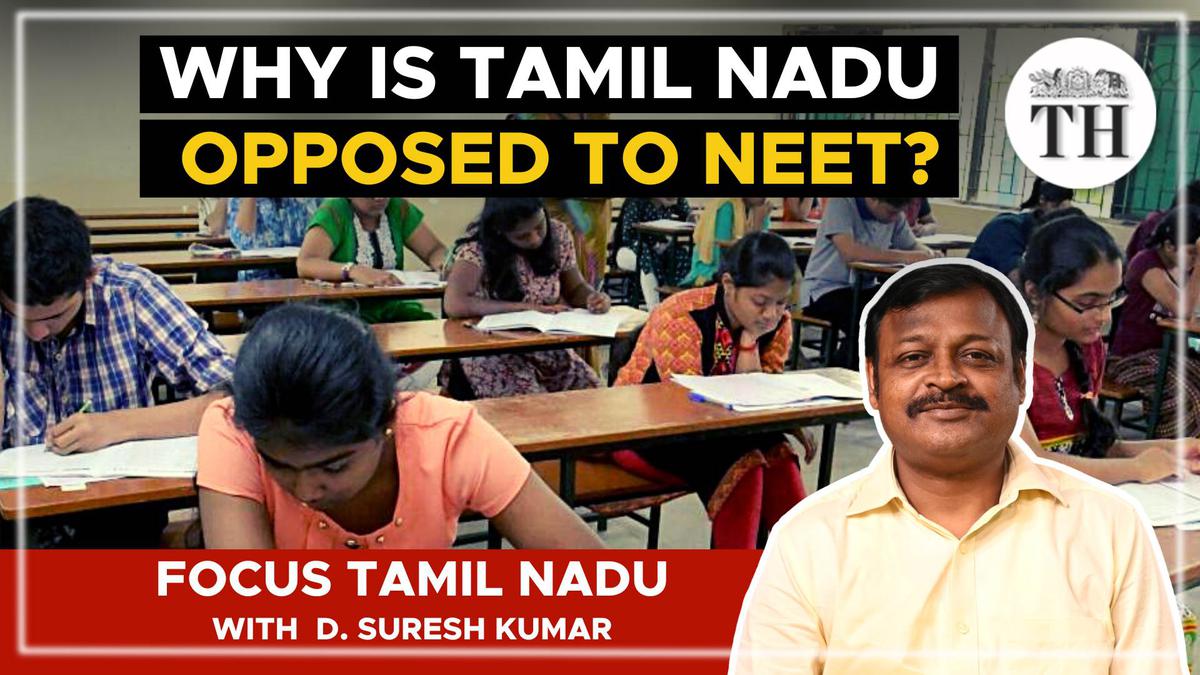
Focus Tamil Nadu | Why is Tamil Nadu opposed to NEET?
The Hindu
Tamil Nadu Chief Minister MK Stalin, Opposition spar over NEET in state
India Today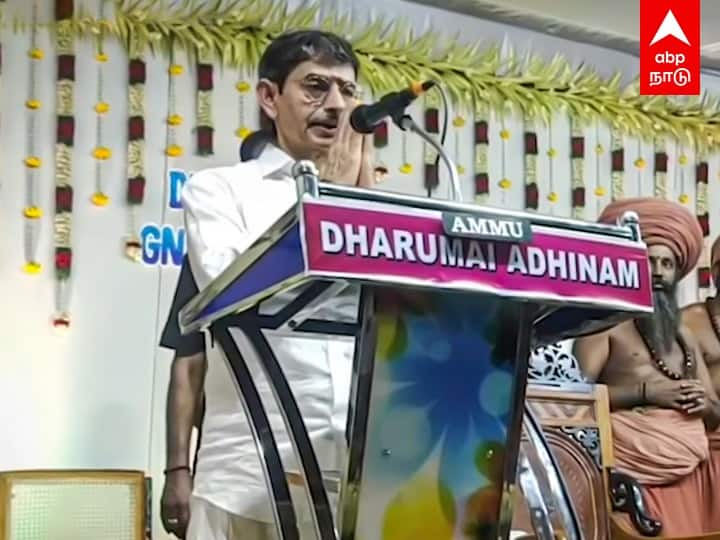
NEET Row: Tamil Nadu BJP Files Complaint Against Parent For Questioning Governor
ABP News
The anti-NEET movement in Tamil Nadu is misguided
Live MintNEET Takes political centre stage again in Tamil Nadu
Deccan ChronicleTamilisai accuses DMK of playing politics over NEET in T.N.
The Hindu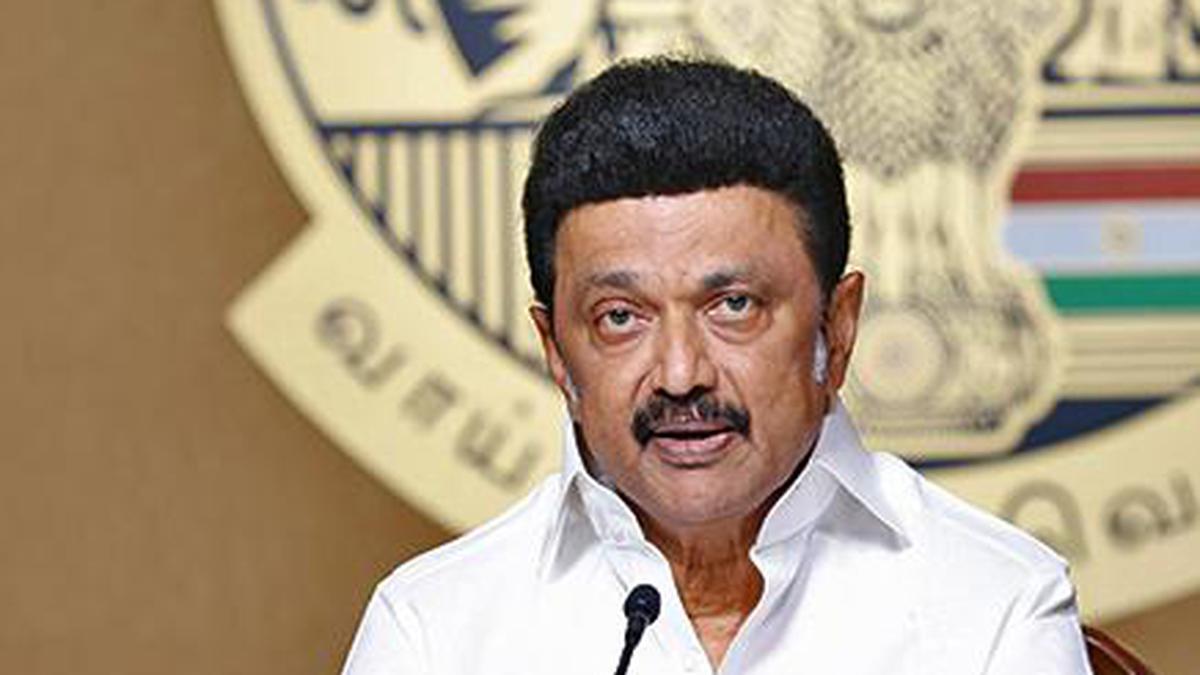
T.N. Chief Minister Stalin writes to President reiterating request seeking assent for NEET Exemption Bill
The Hindu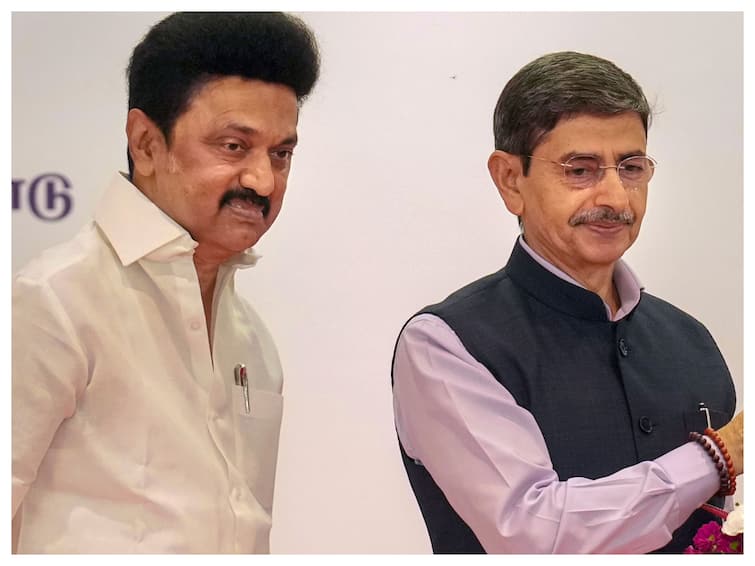
Tamil Nadu NEET Exemption Bill Governor RN Ravi
ABP News
Will never clear Stalin government’s anti-NEET bill: Tamil Nadu Governor RN Ravi
Op India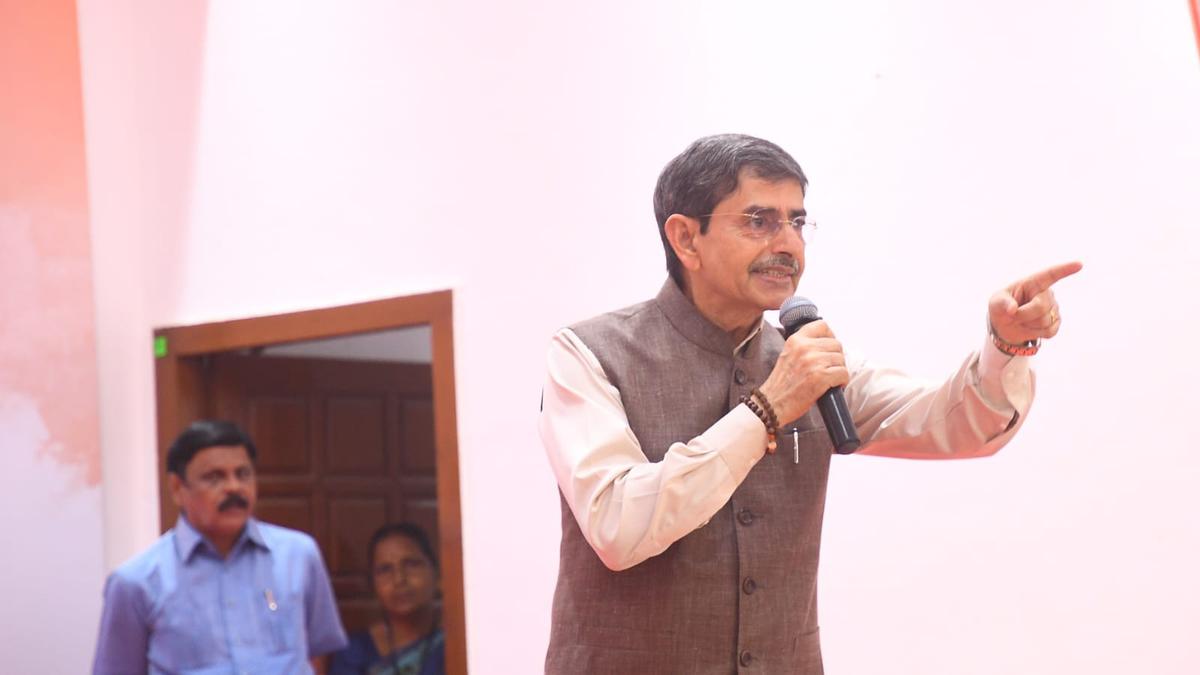
Given to me, I will never clear NEET Bill: Tamil Nadu Governor Ravi
The Hindu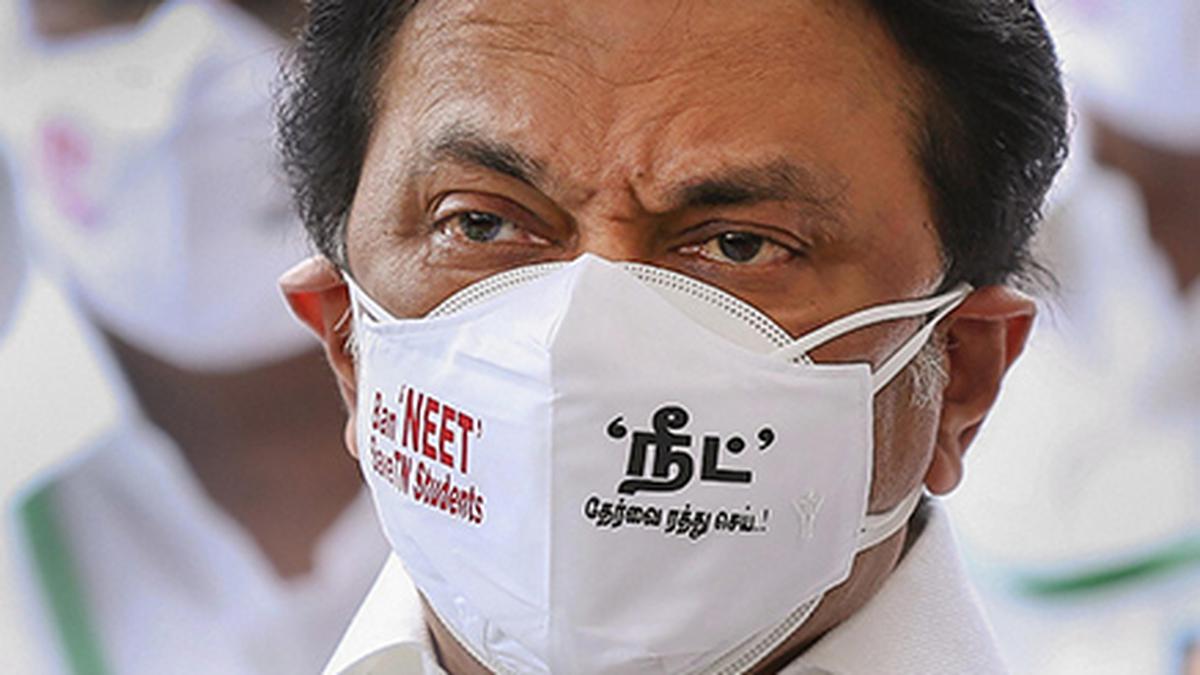
We will fulfil promise on NEET exemption: T.N. CM Stalin
The Hindu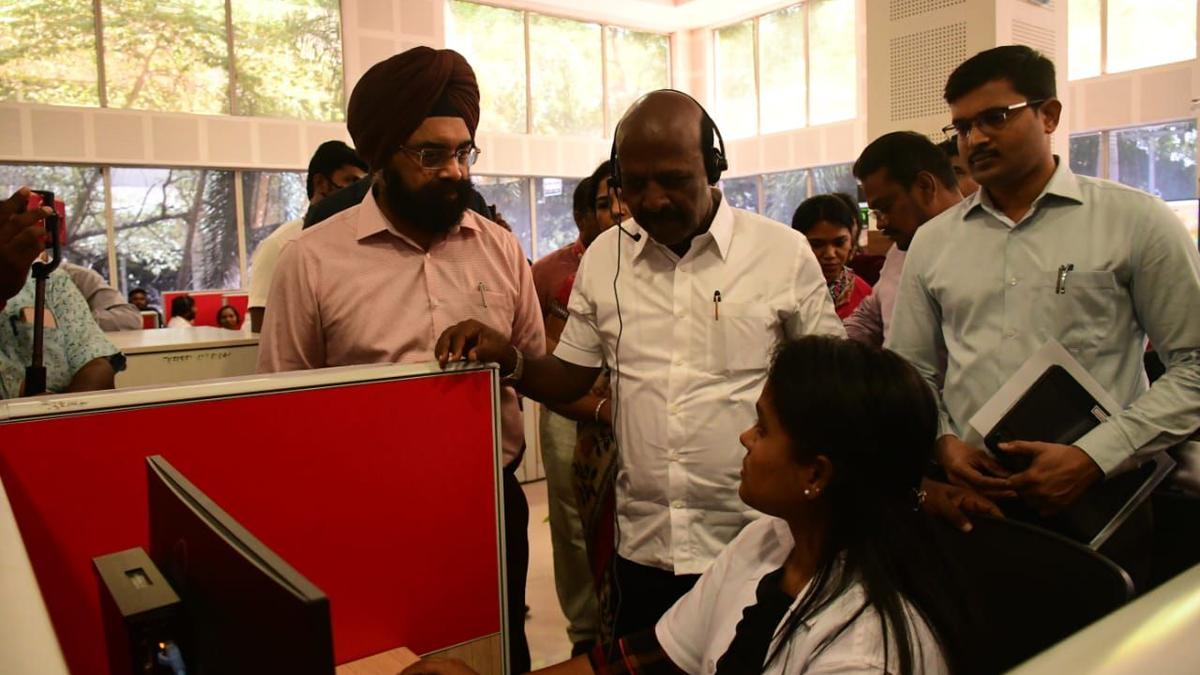
Following NEET results, T.N. Health Department launches counselling for students
The HinduTamil Nadu’s Prabanjan, A.P.’s Bora Varun top NEET (UG) with perfect scores
The Hindu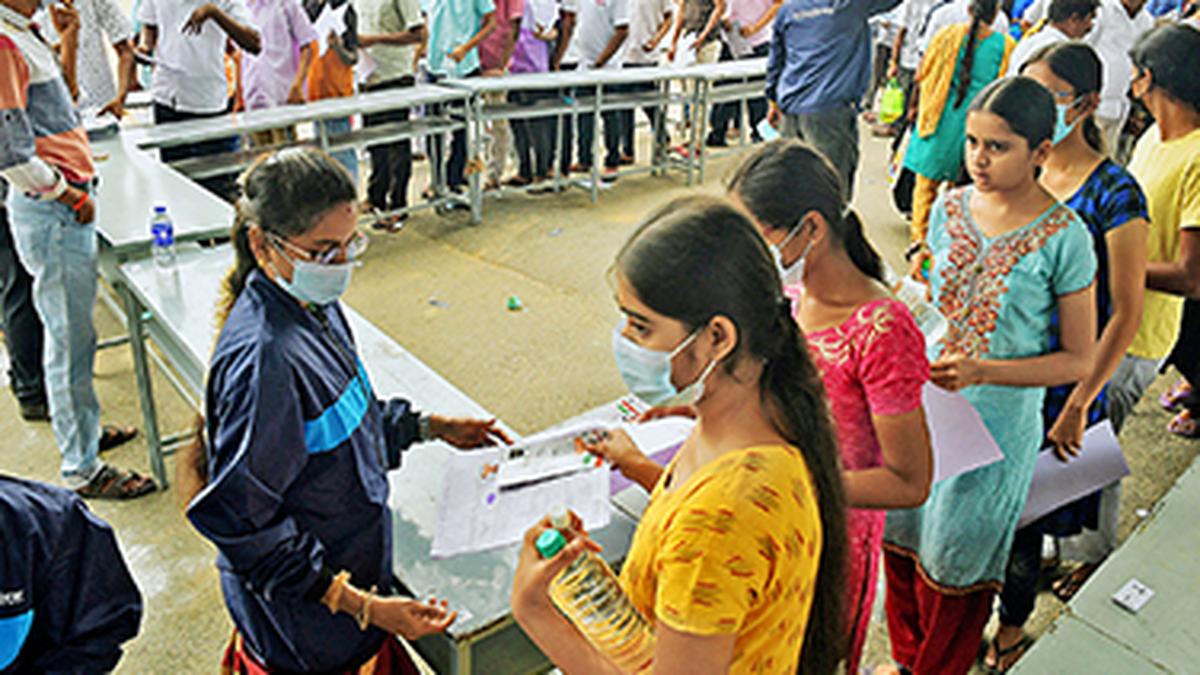
Tamil Nadu’s ‘crash course’ on NEET
The Hindu
Tamil Nadu moves SC, challenges validity of NEET
Deccan Chronicle
Pending NEET Bill raised in Rajya Sabha
Deccan Chronicle
Needless needling: The Hindu Editorial on Governor-government ties in Tamil Nadu
The Hindu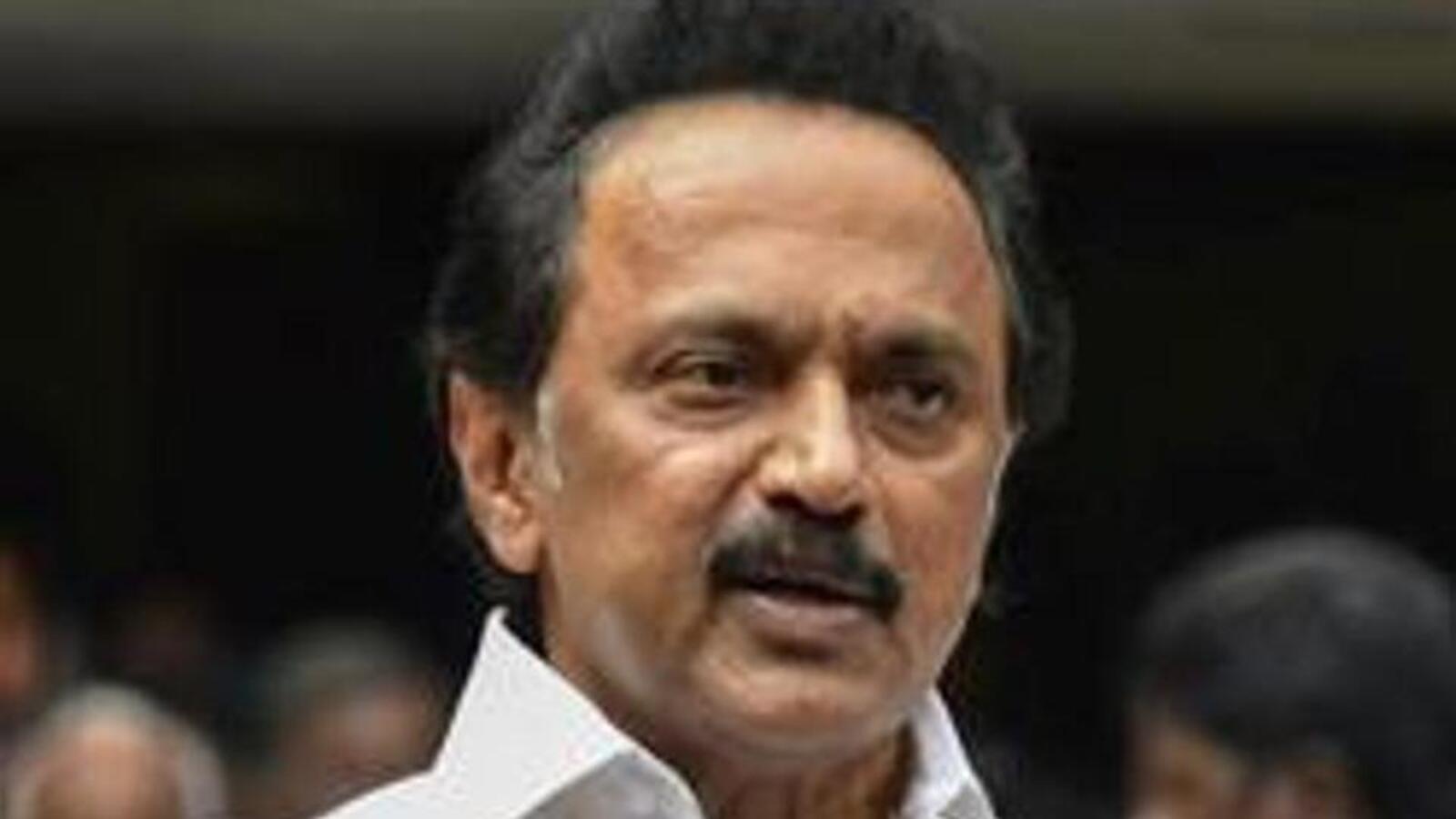
NEP alienates students from education, says Tamil Nadu CM Stalin
Hindustan Times
Tamil Nadu Engineering Admissions 2 Days After NEET Results: Minister
News 18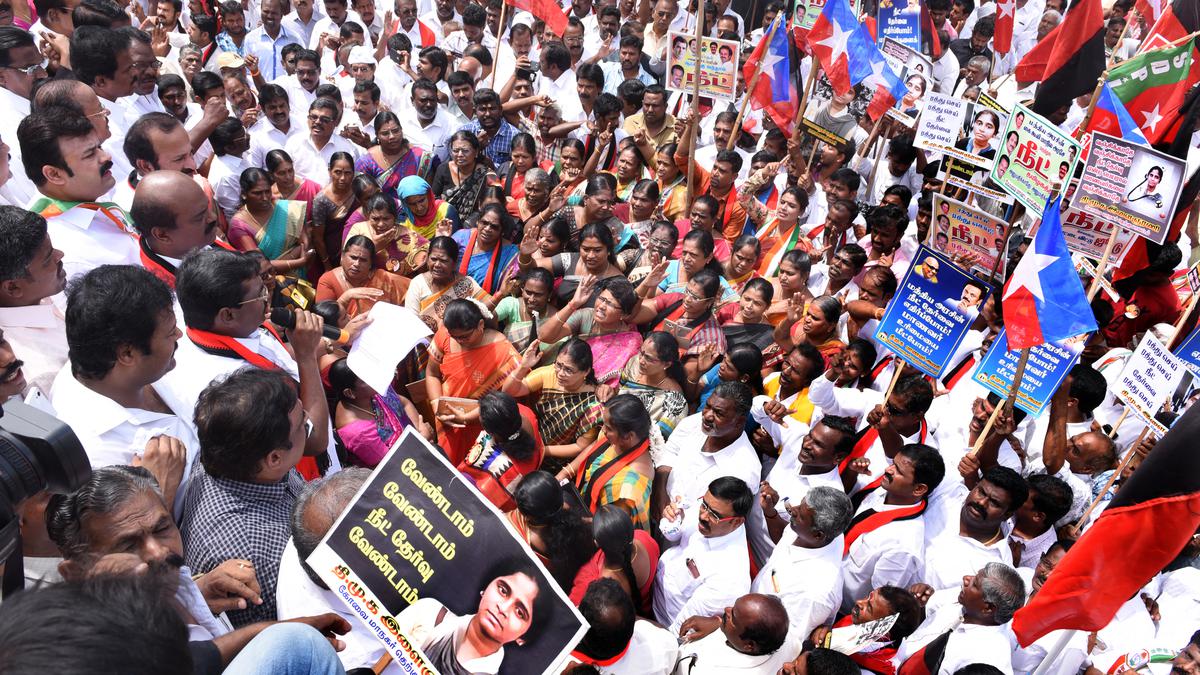
Why does Tamil Nadu demand a NEET exemption?
The Hindu
Clarification sought on T.N. anti-NEET Bill: Centre
The Hindu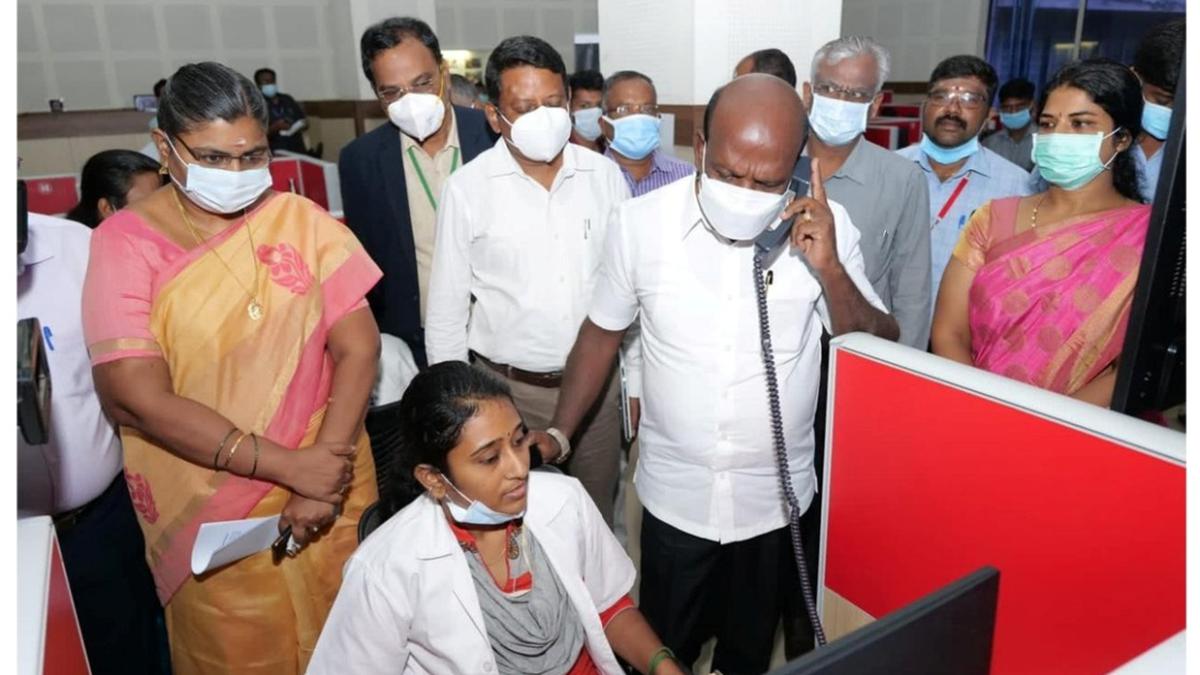
NEET takers in Tamil Nadu to get calls from counsellors
The Hindu
NEET 2022: Why is Tamil Nadu Govt Against National Exam? How Did it Turn Into a 'People's Movement'?
News 18Discover Related



